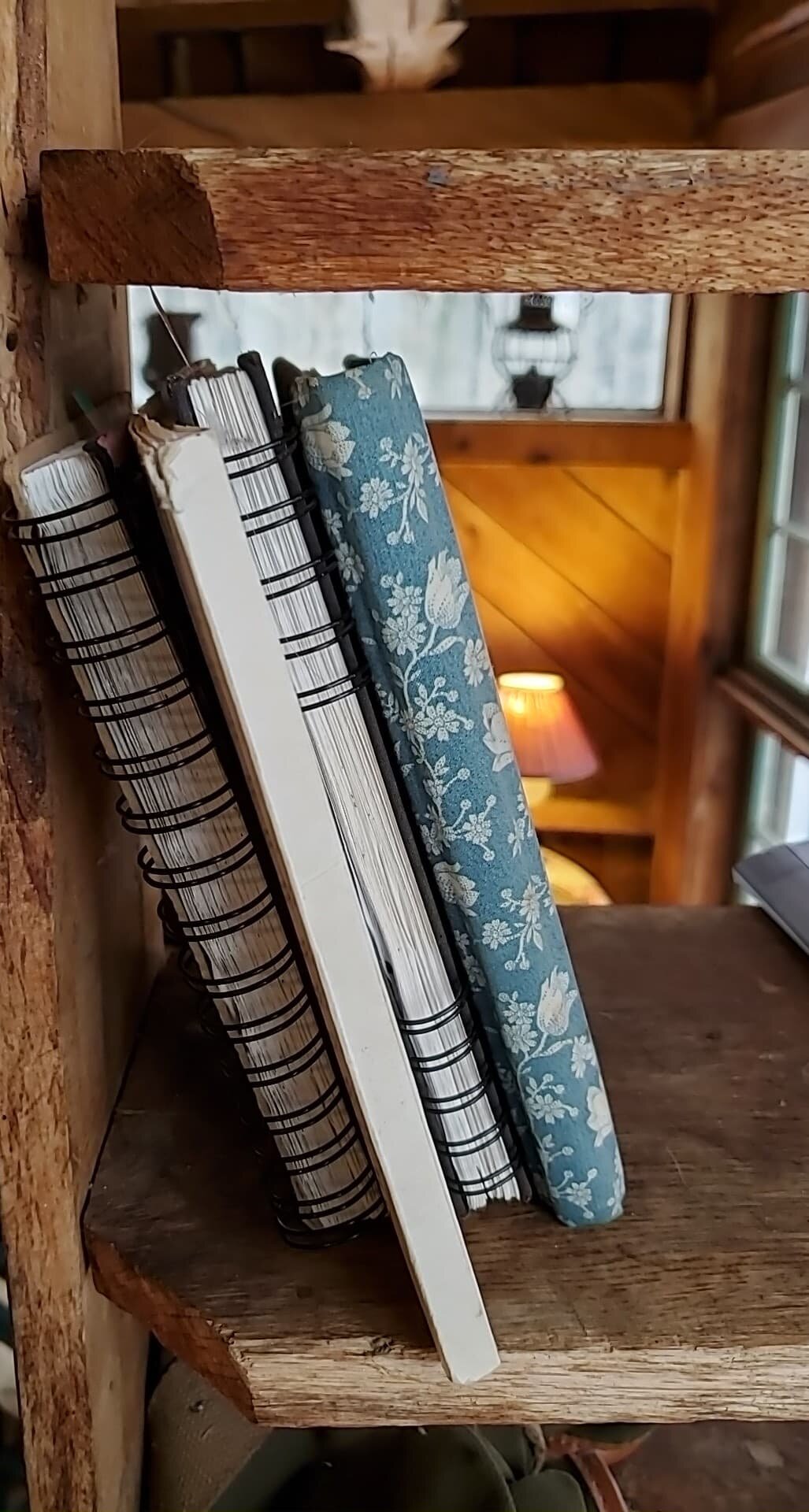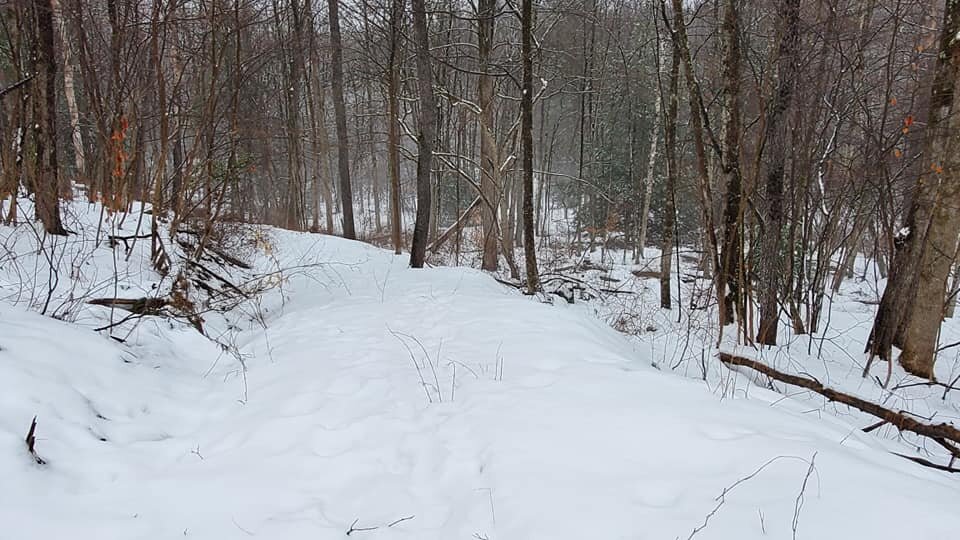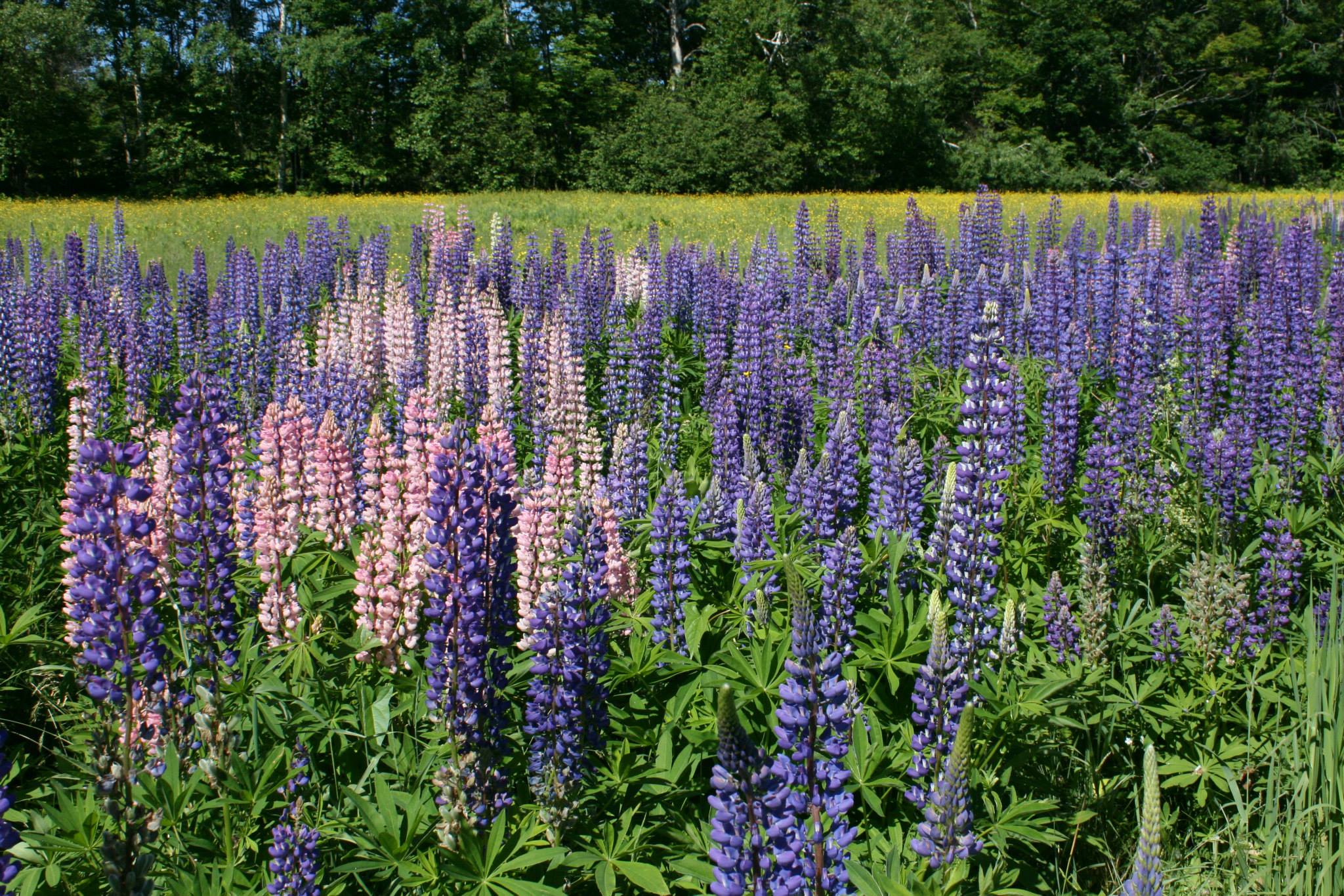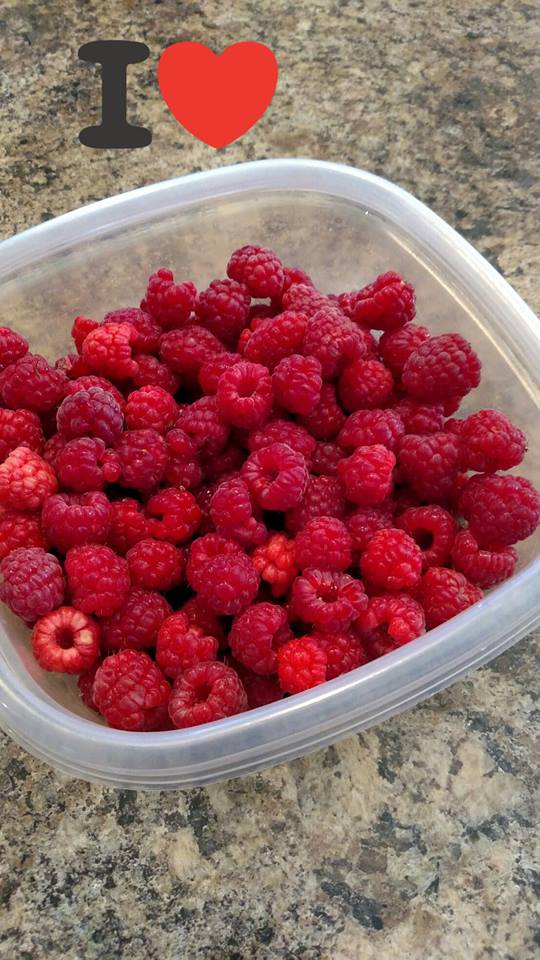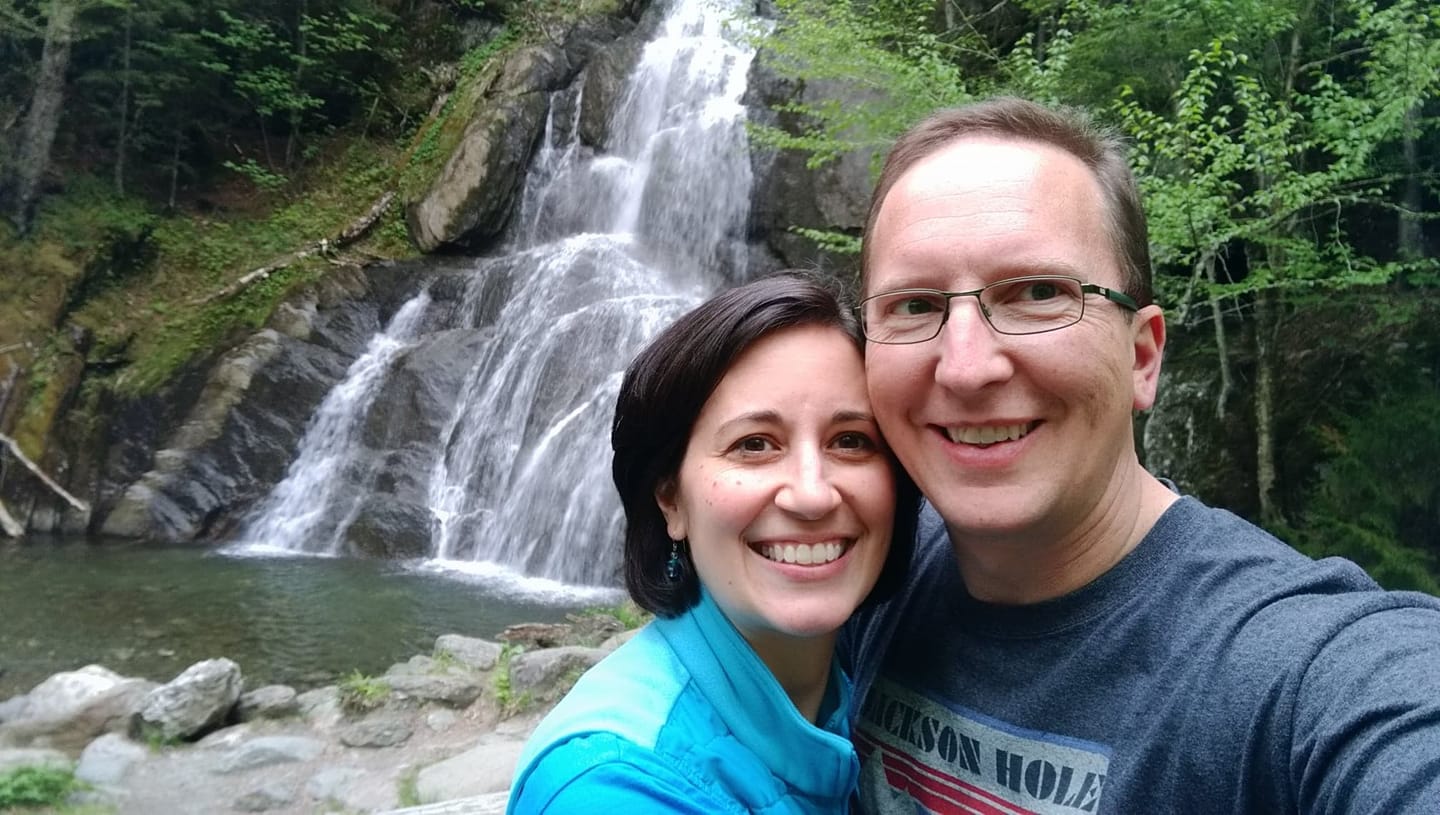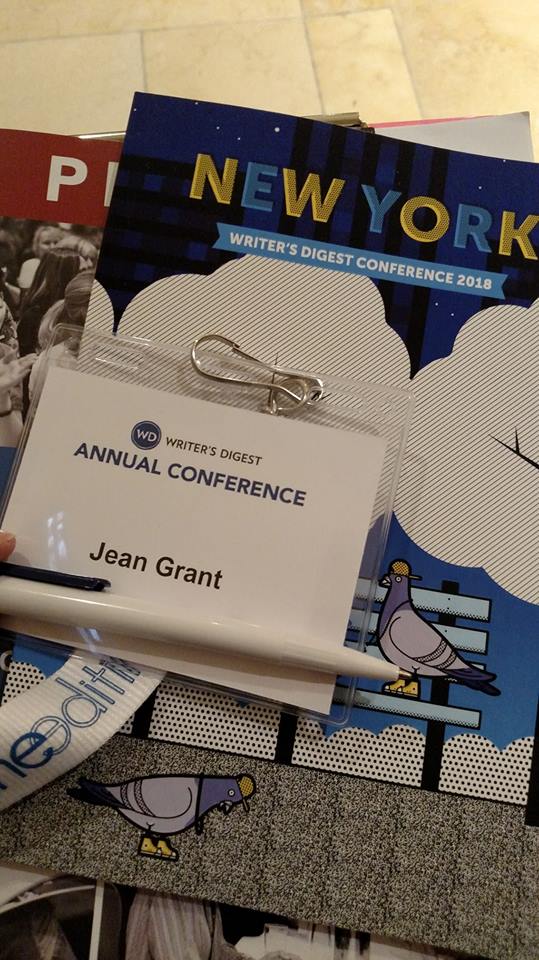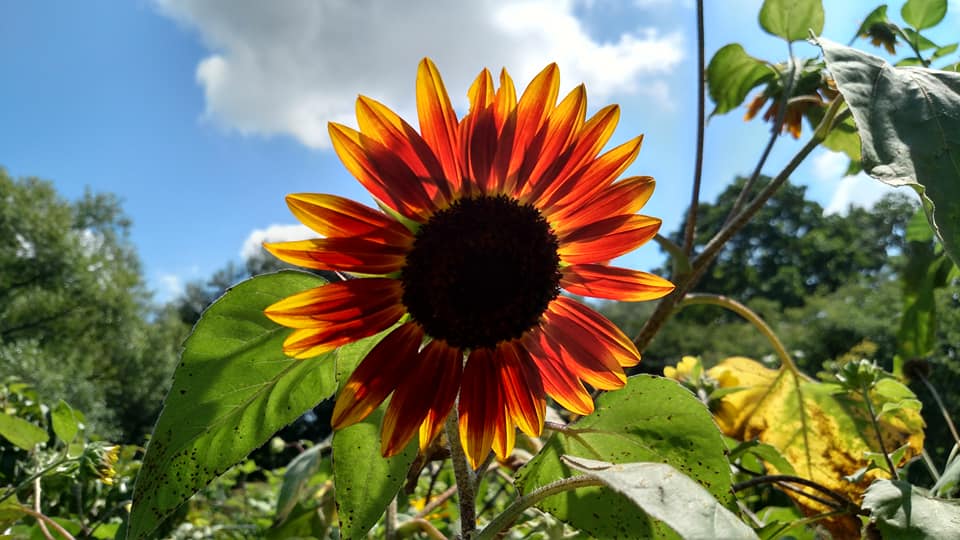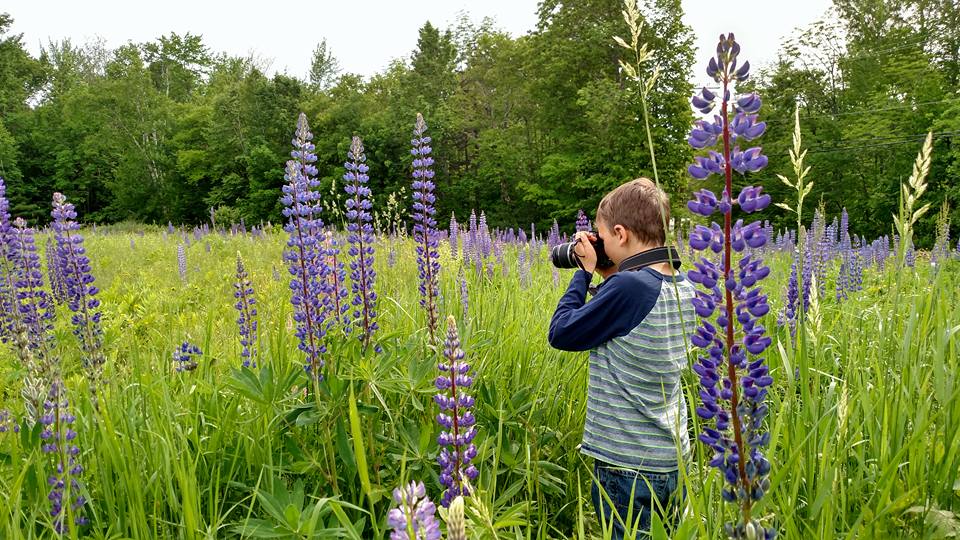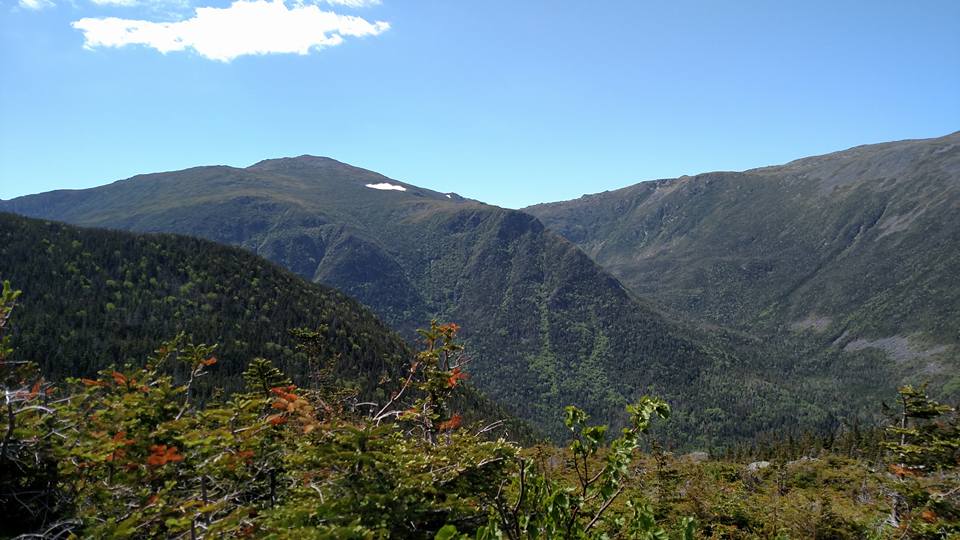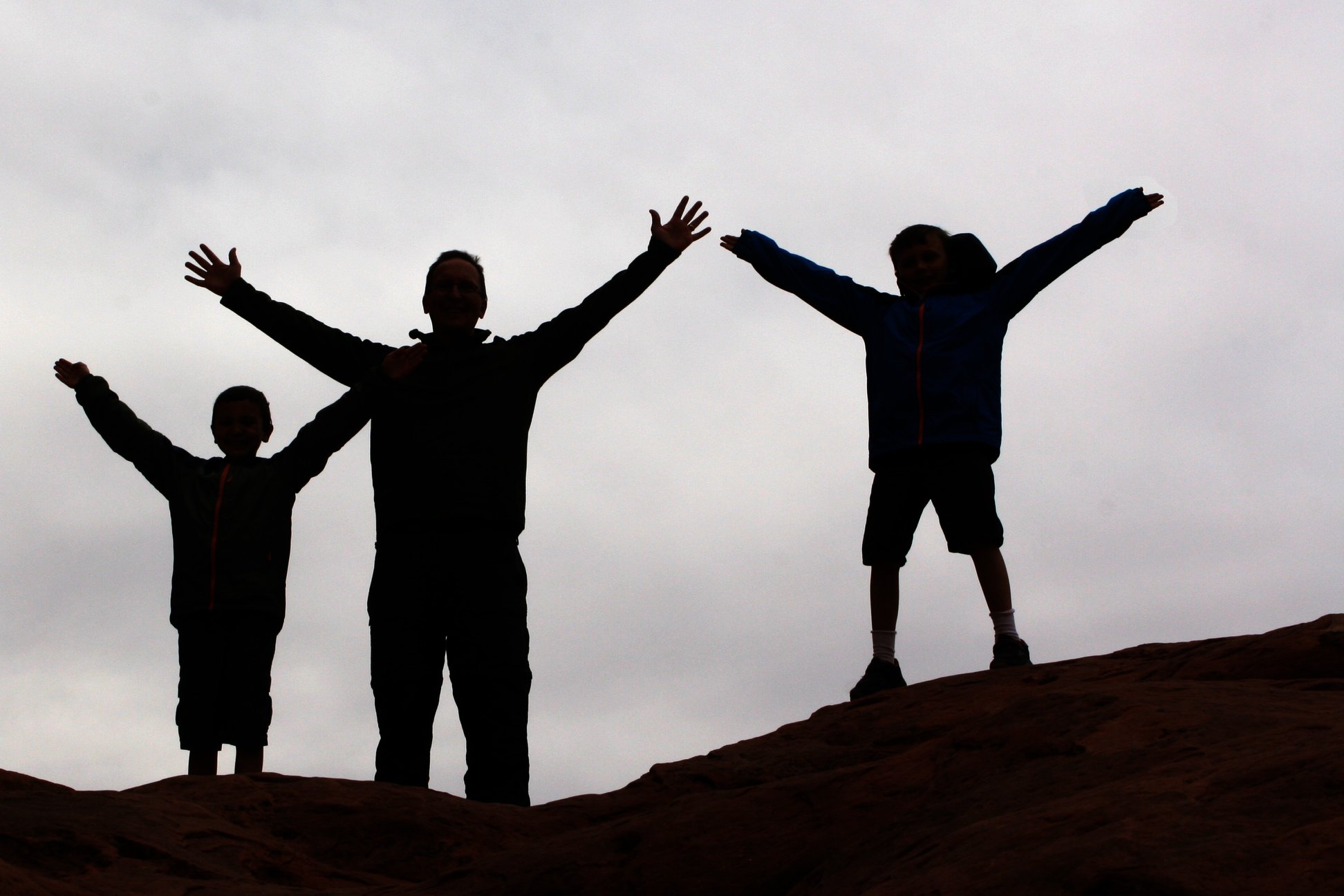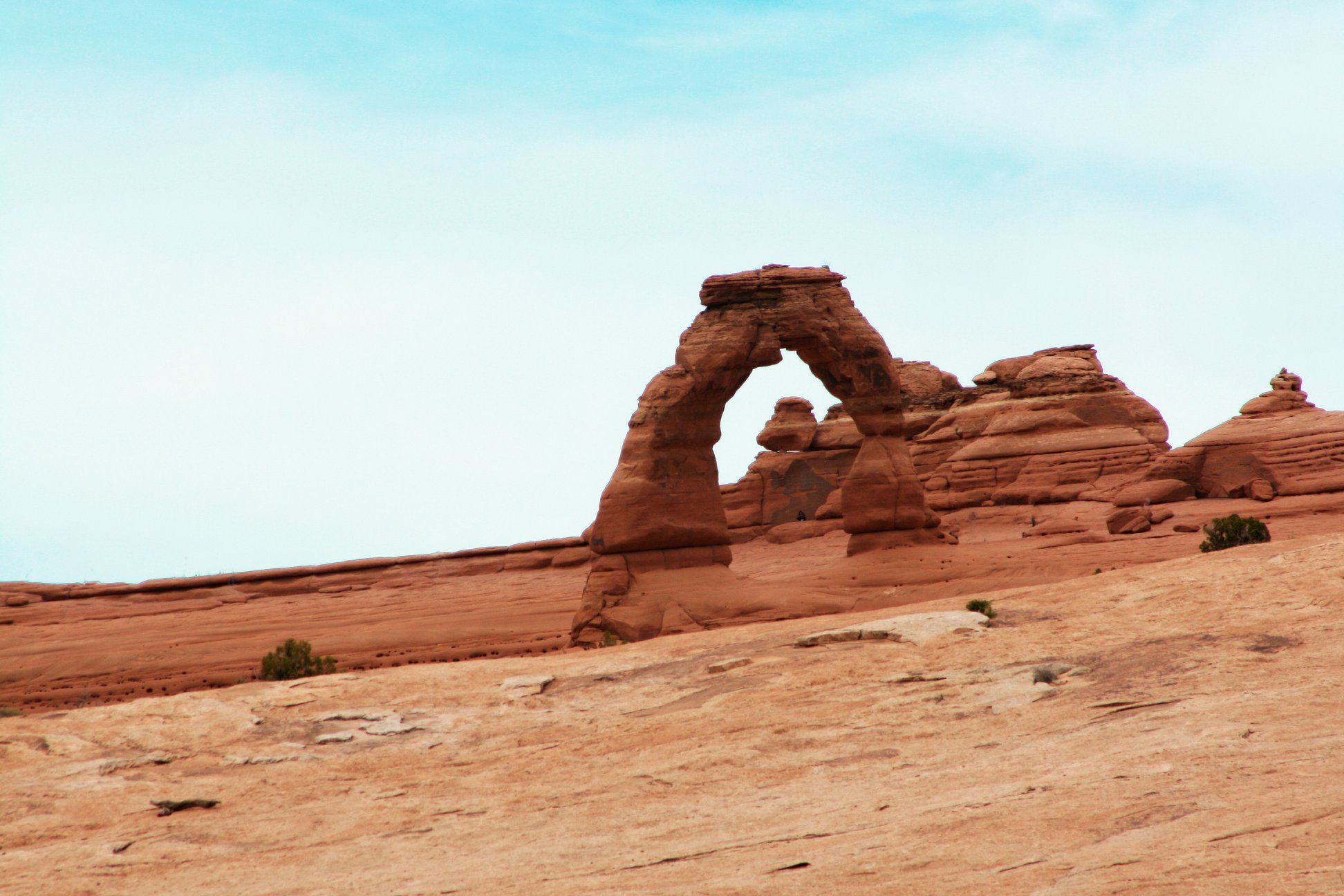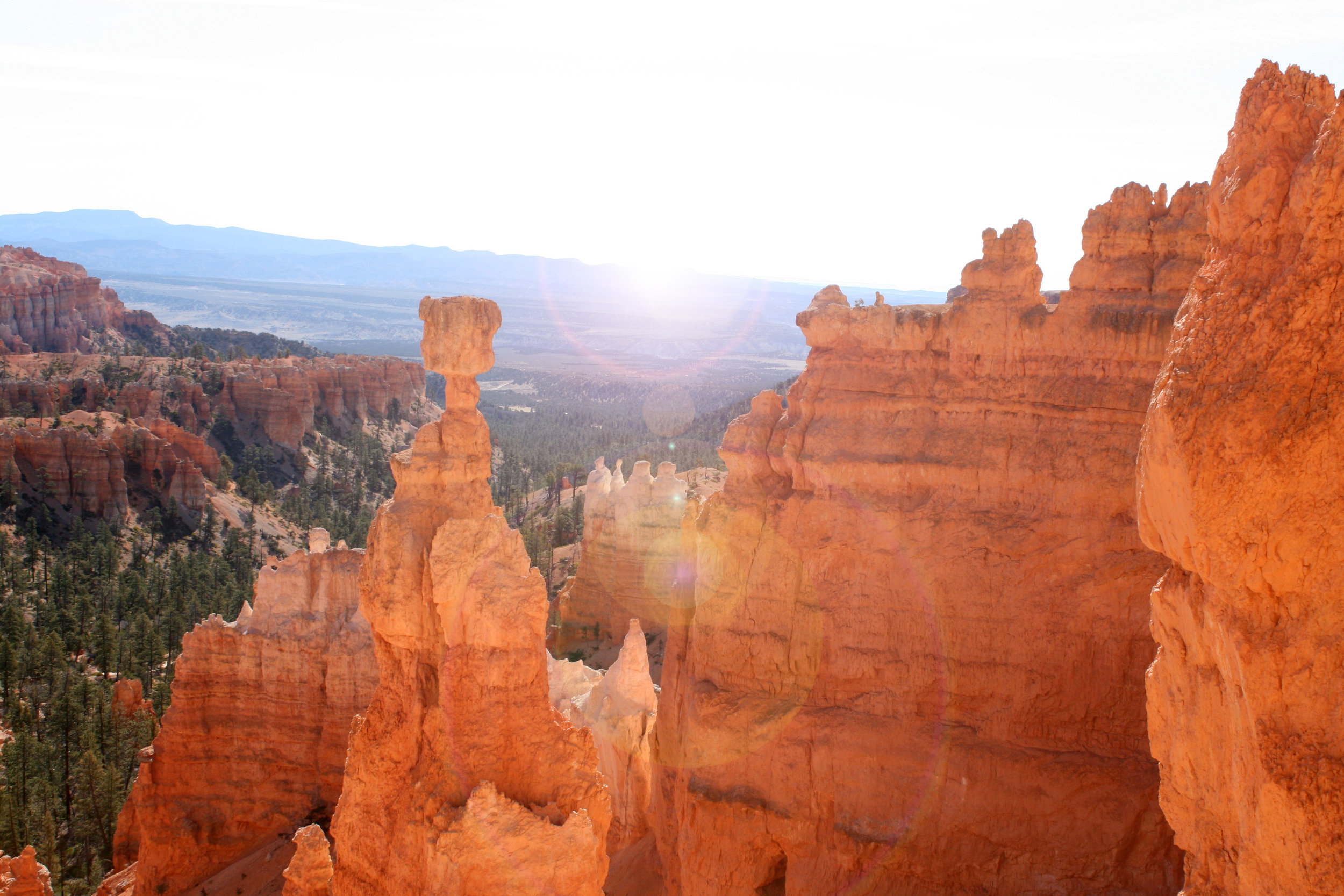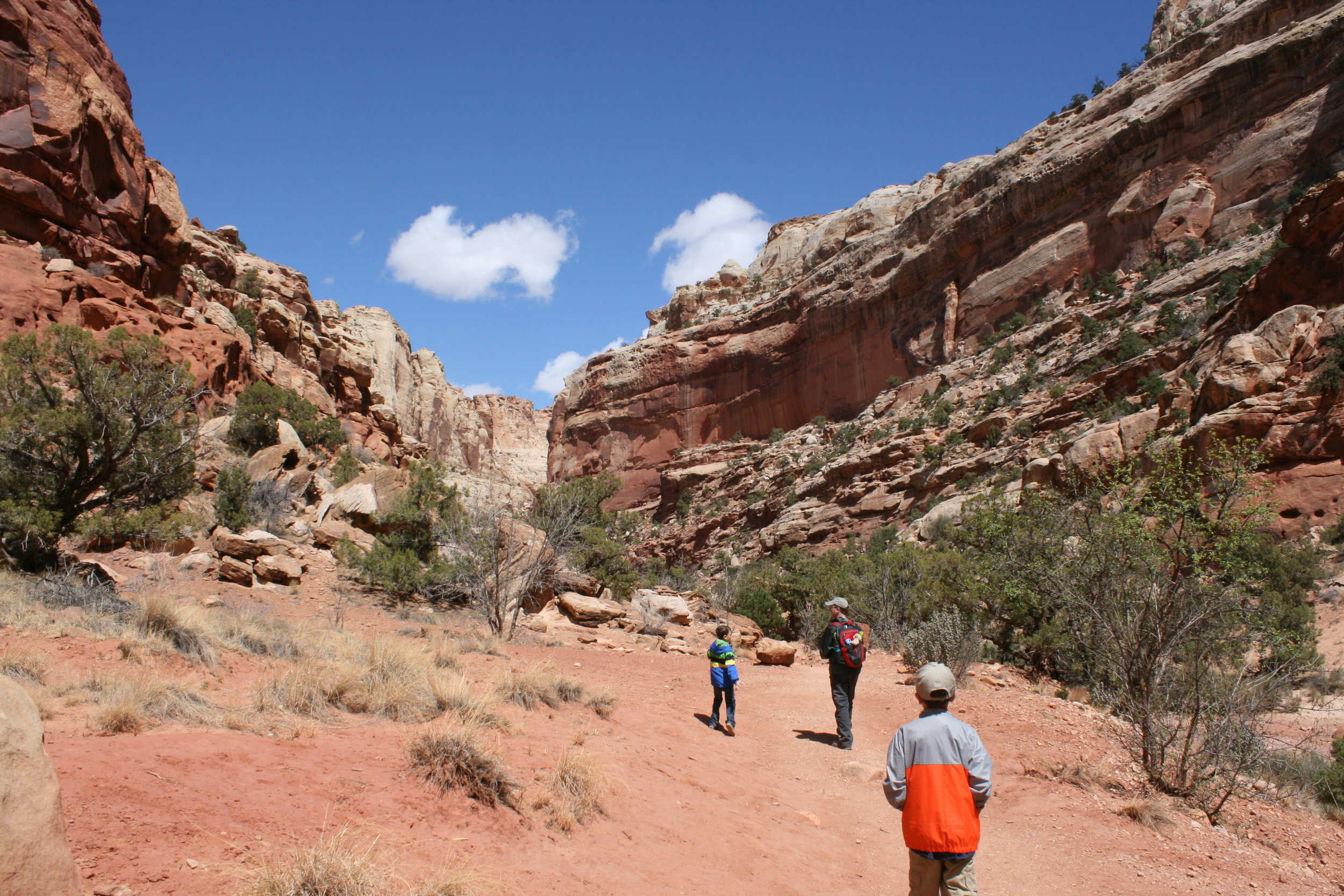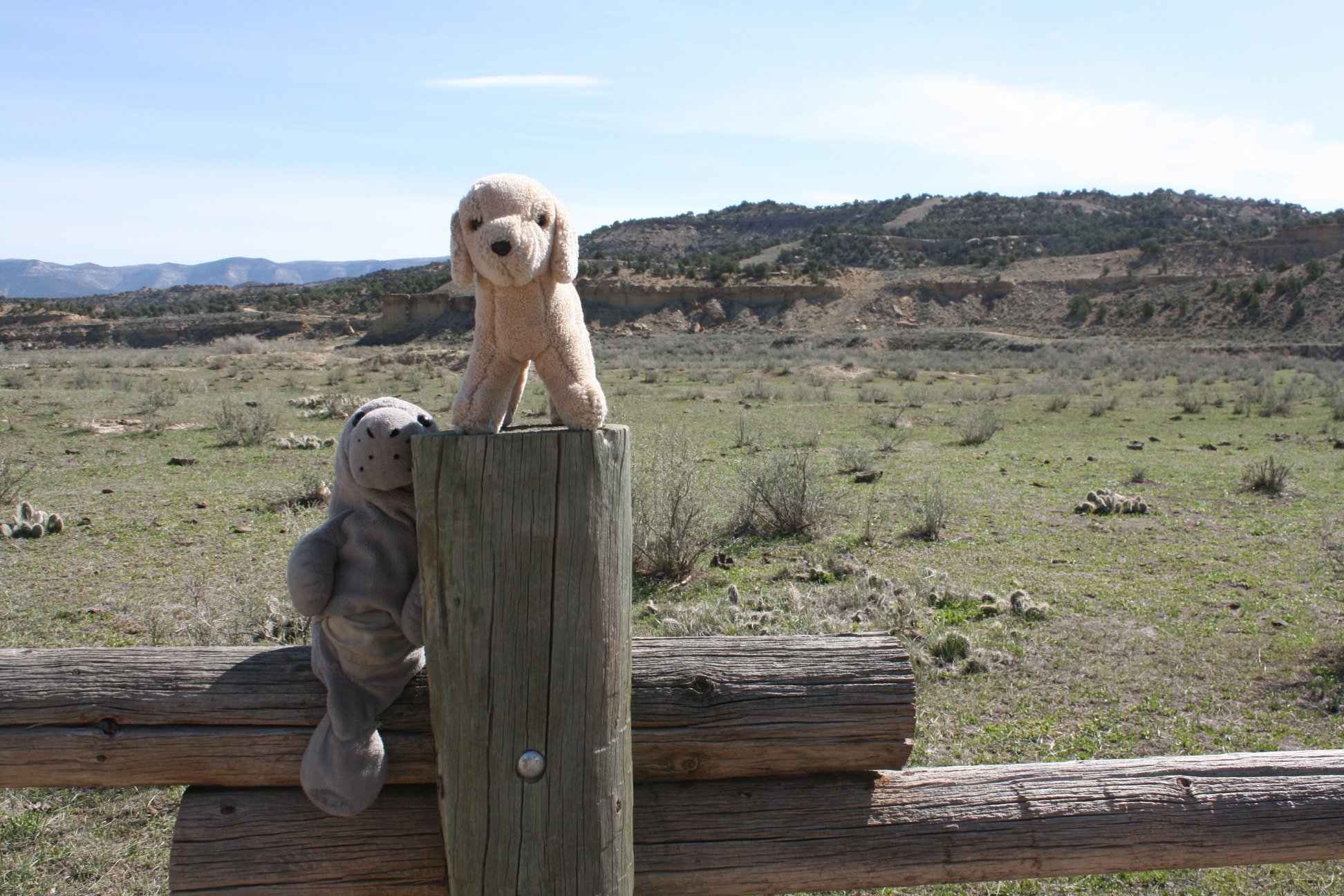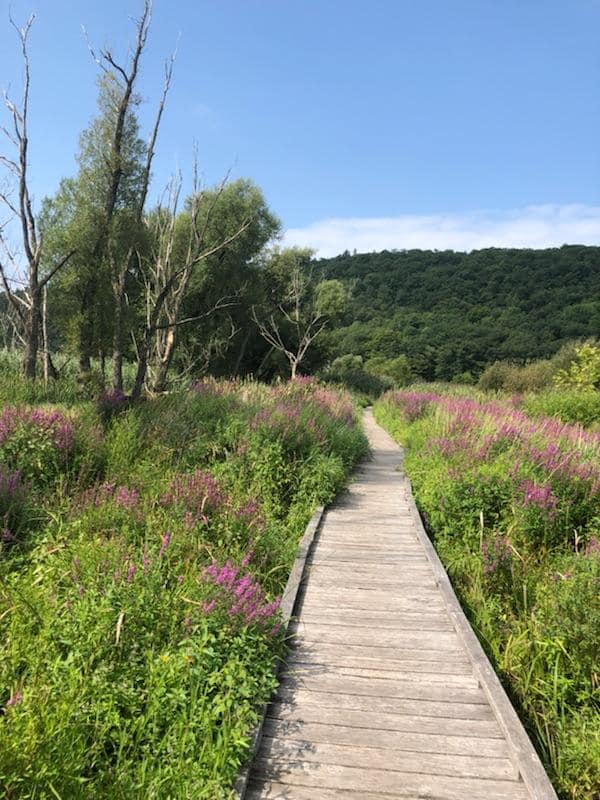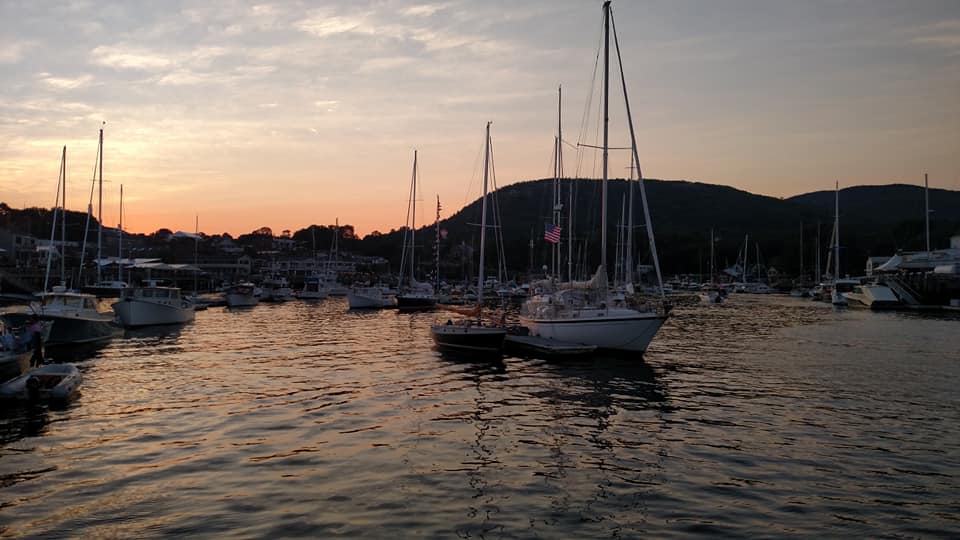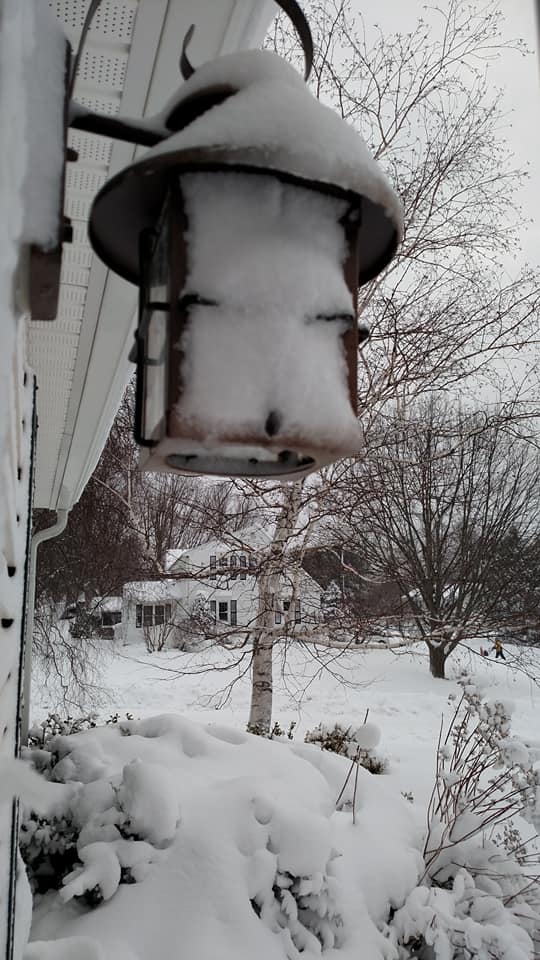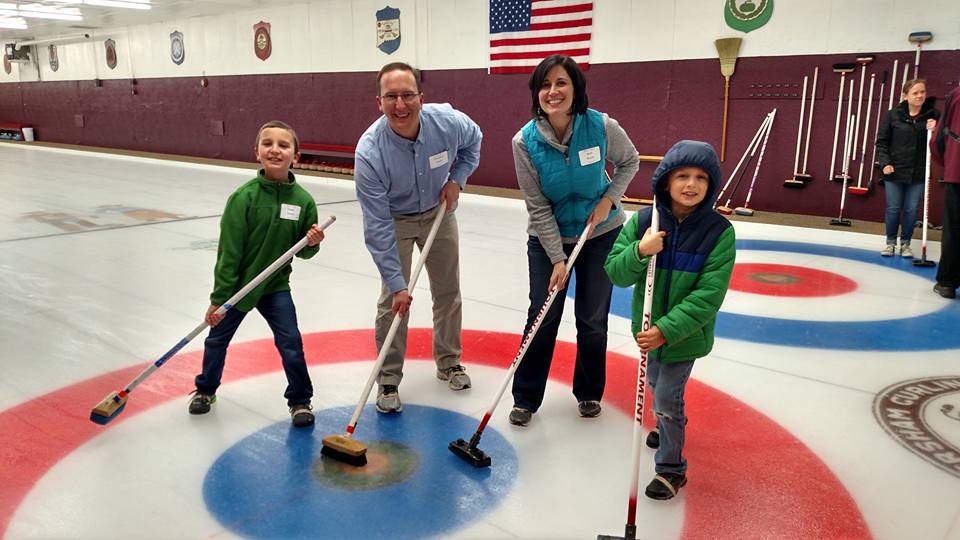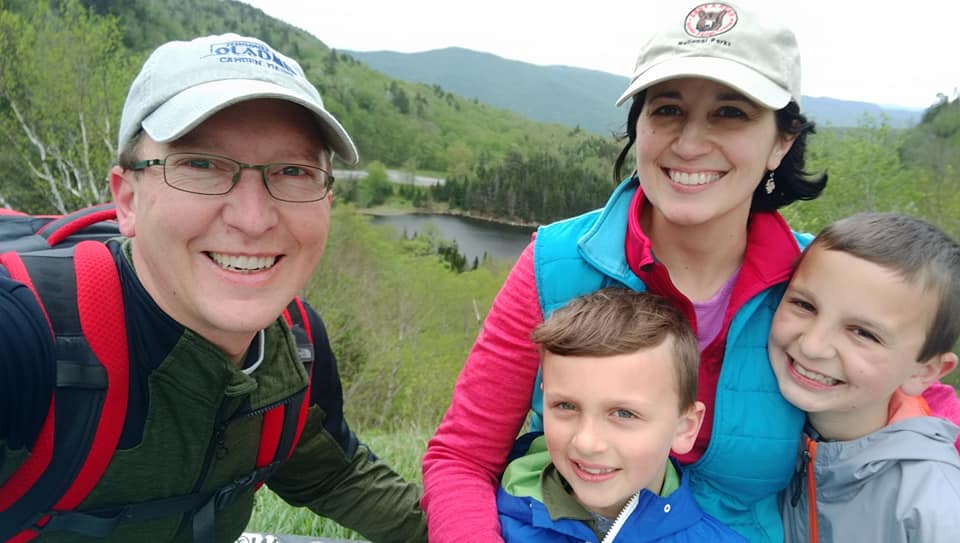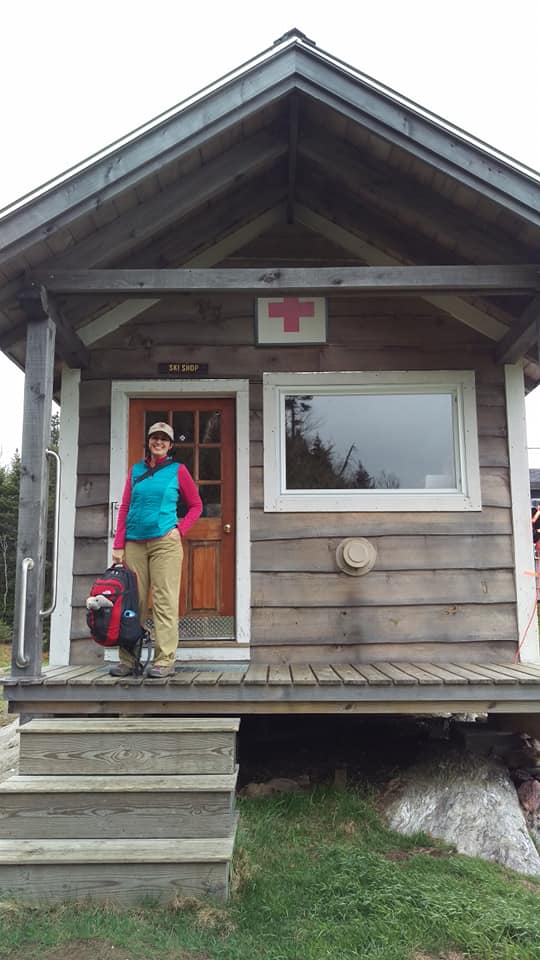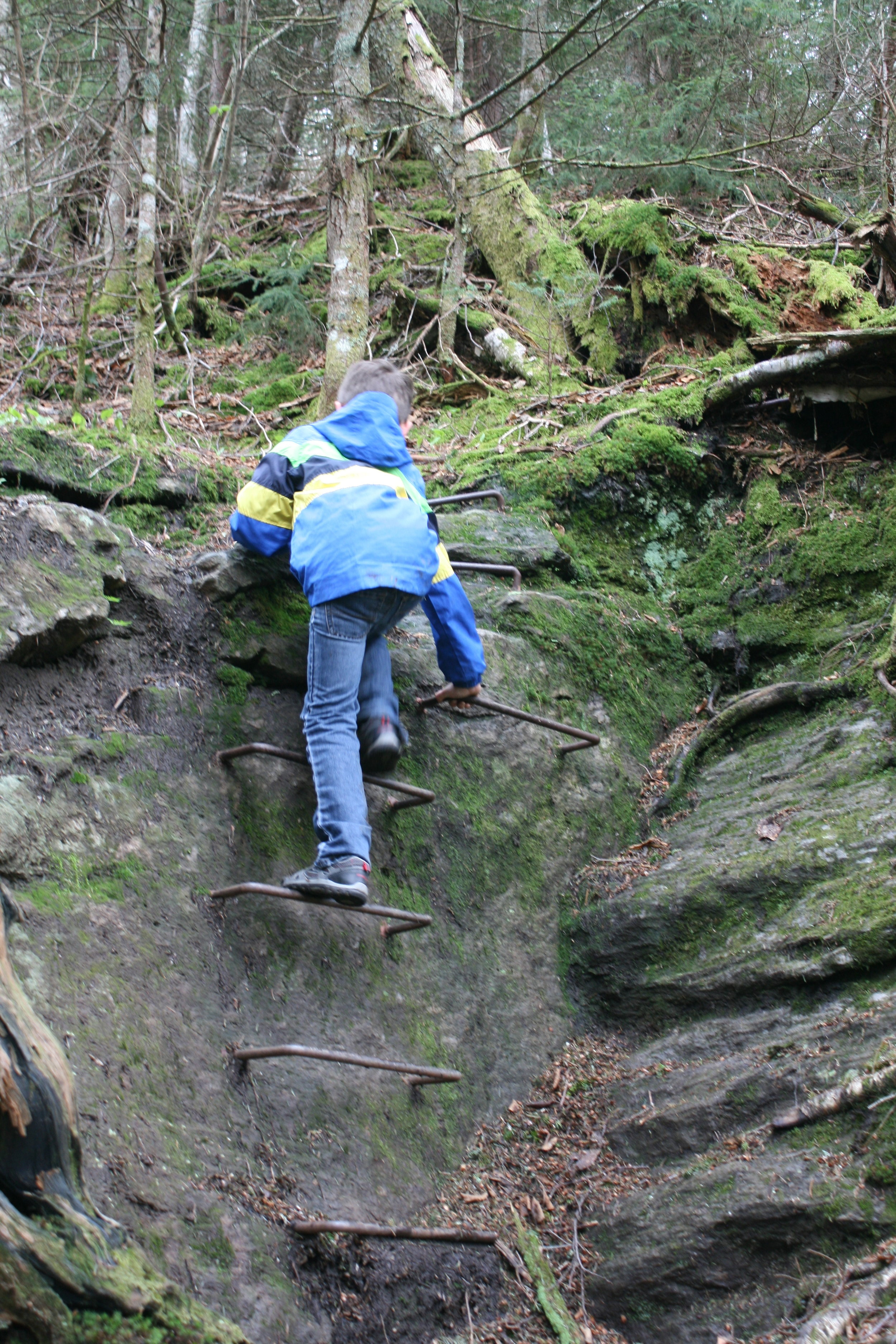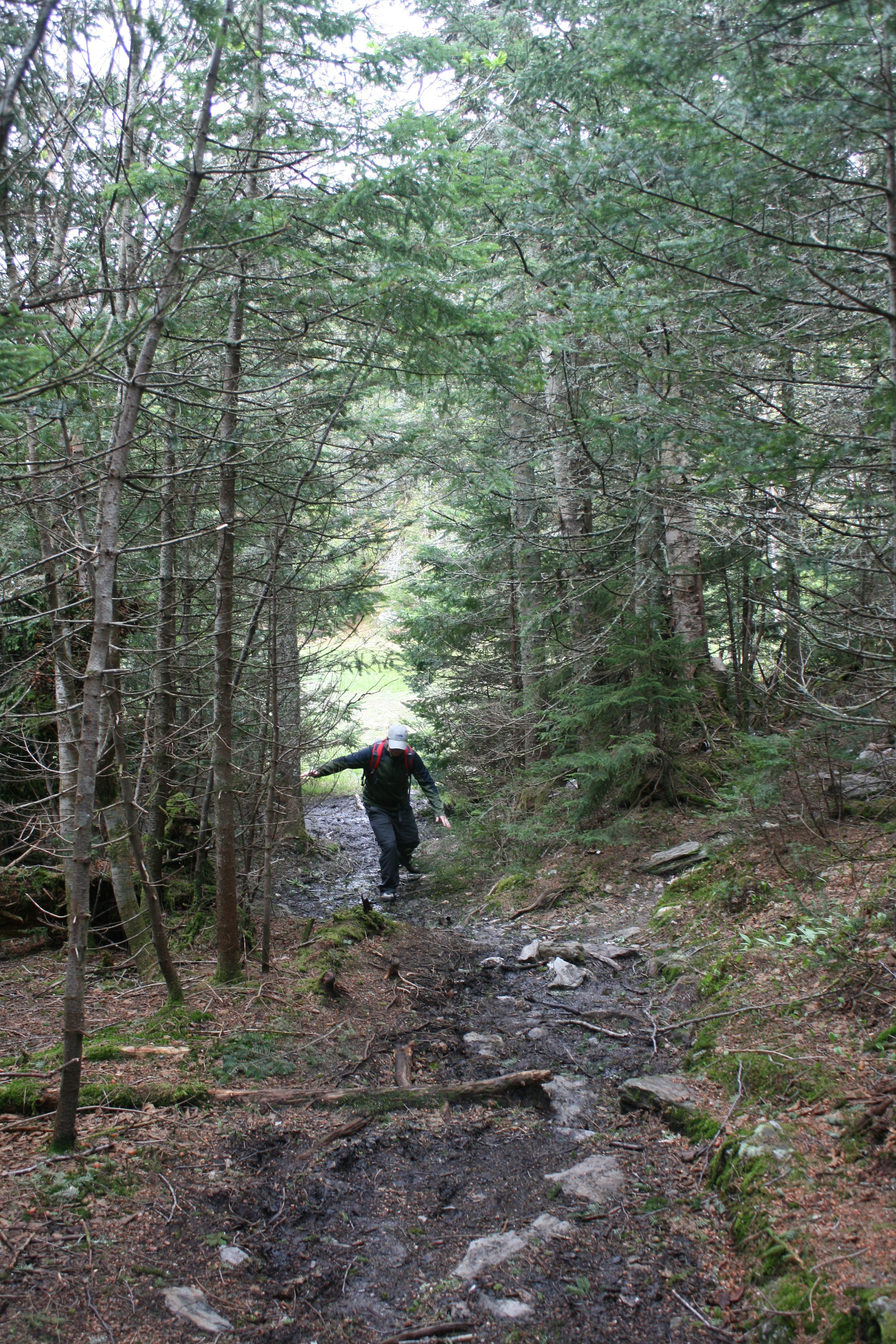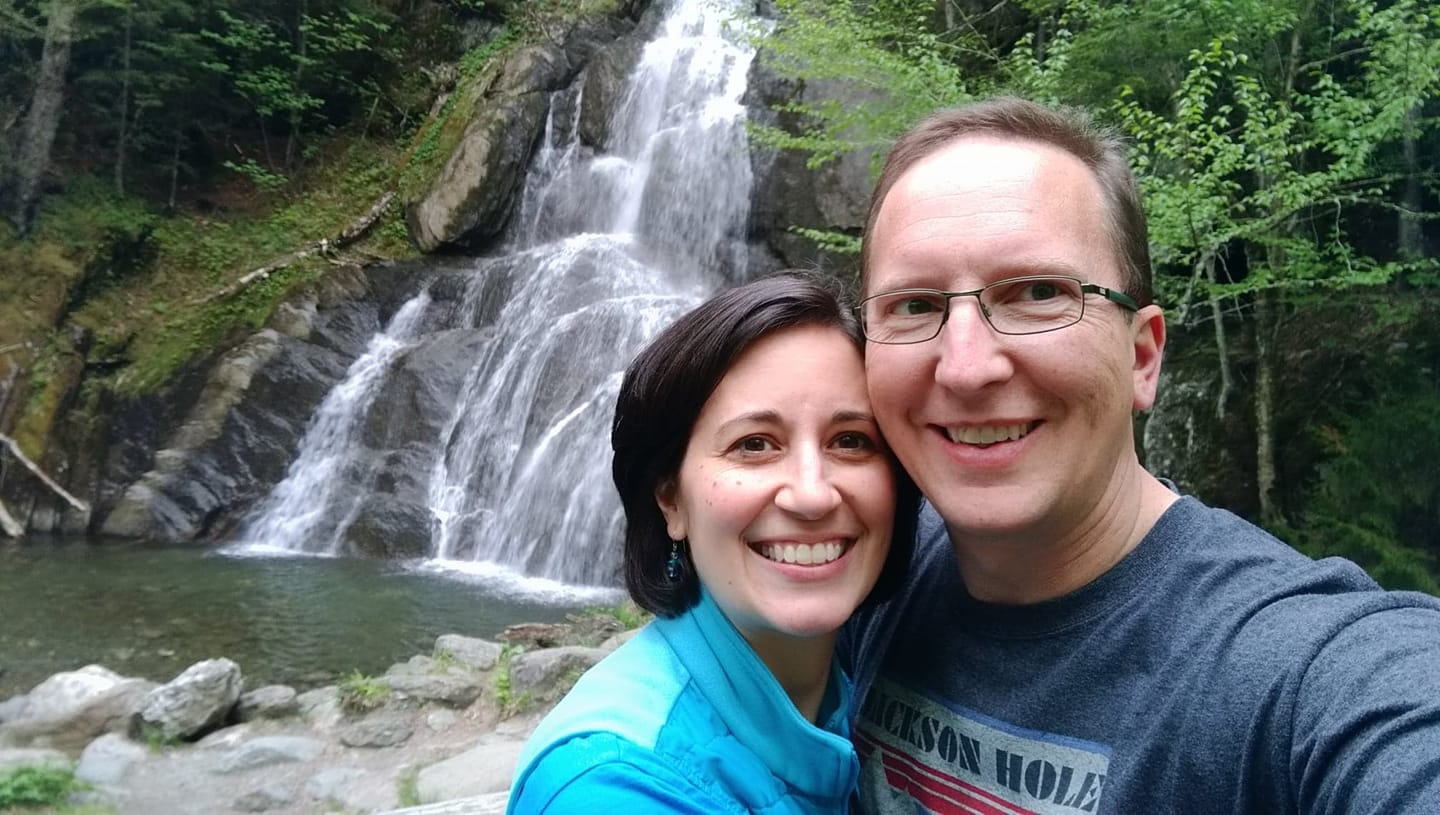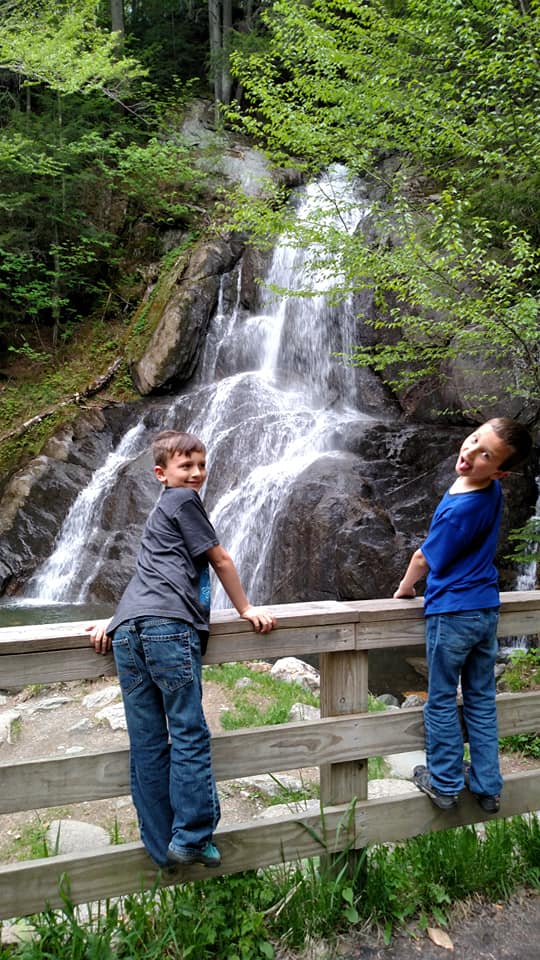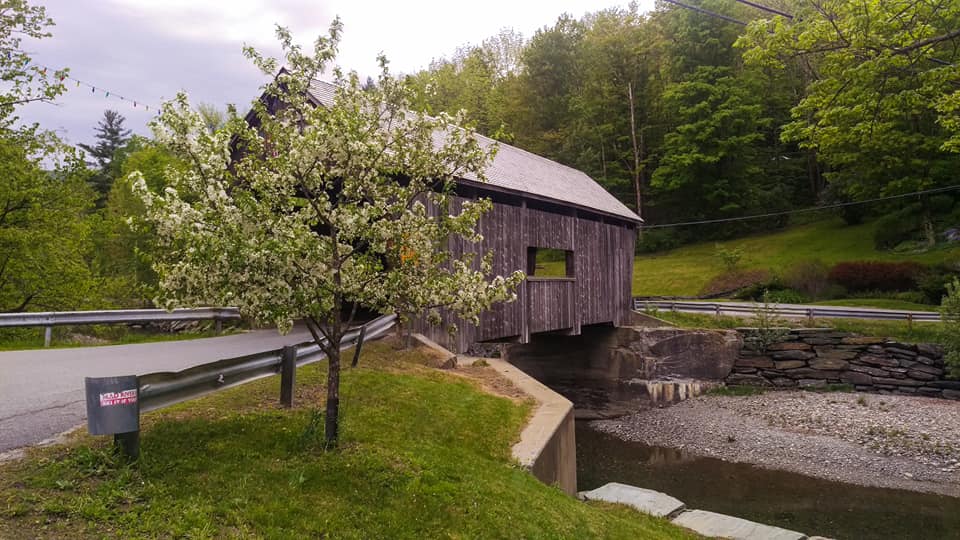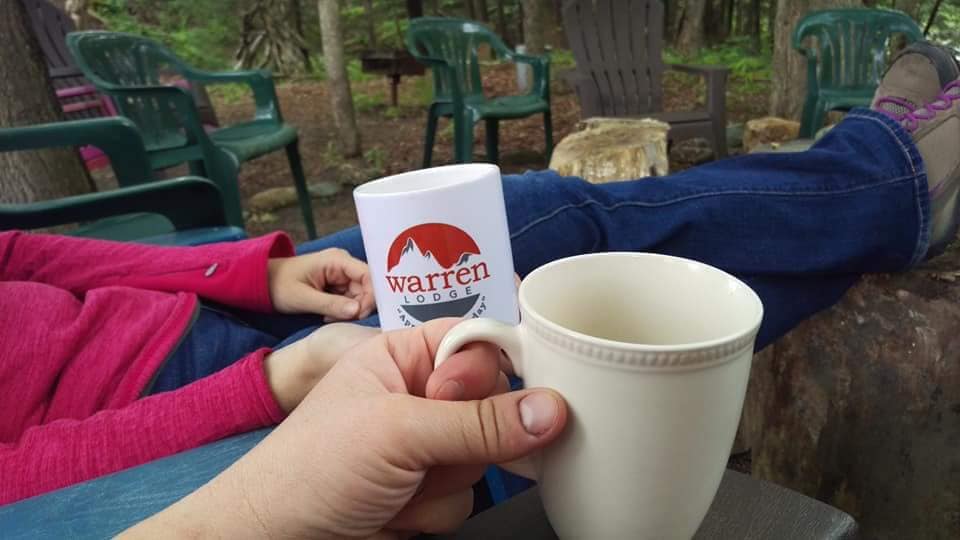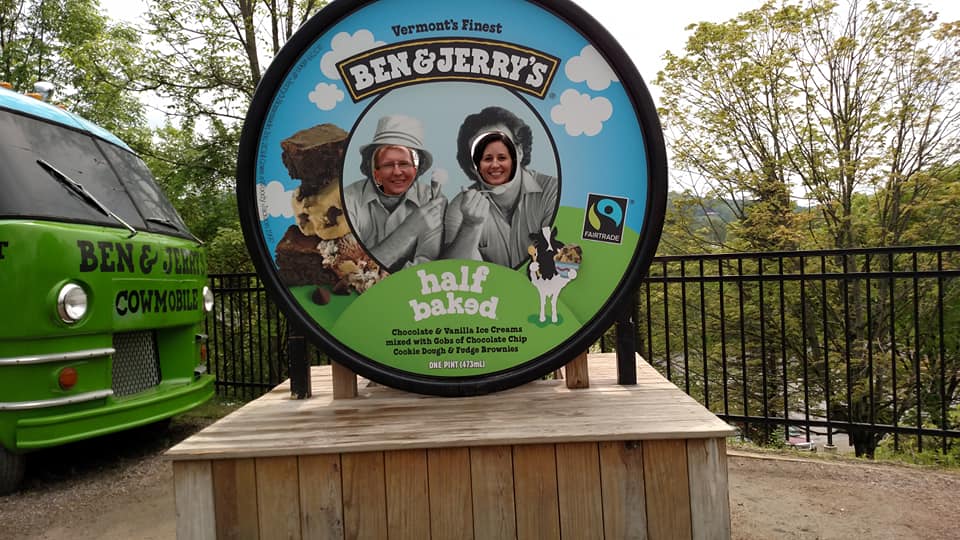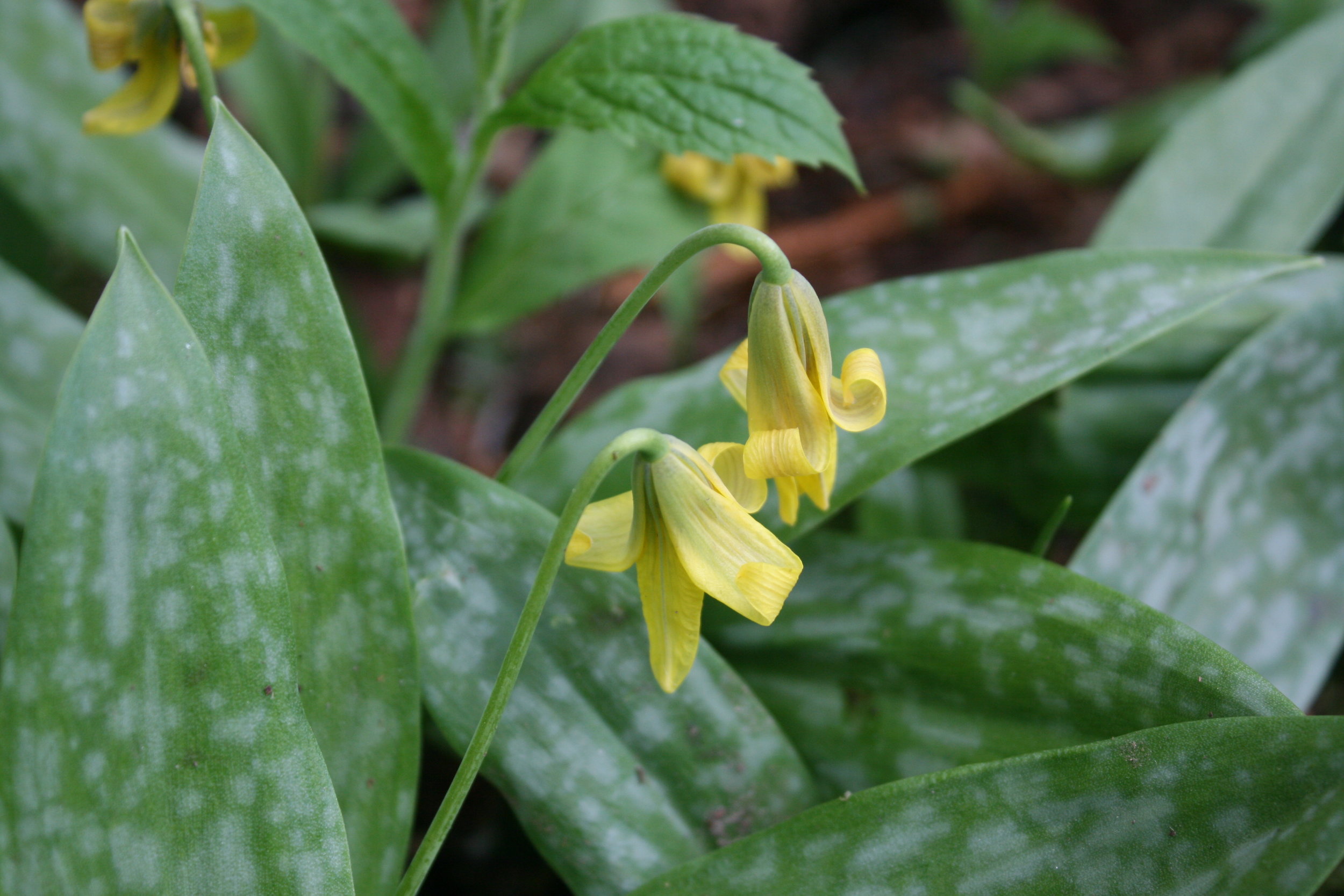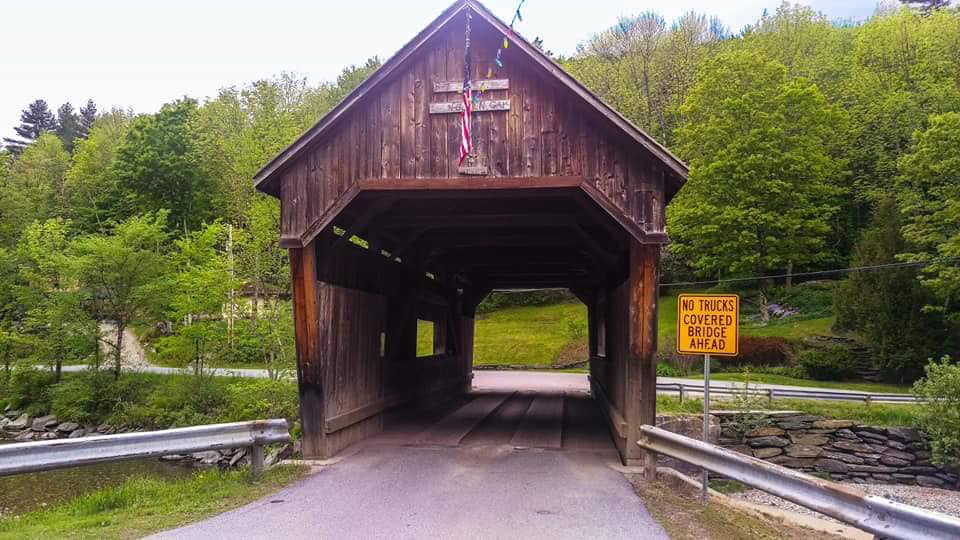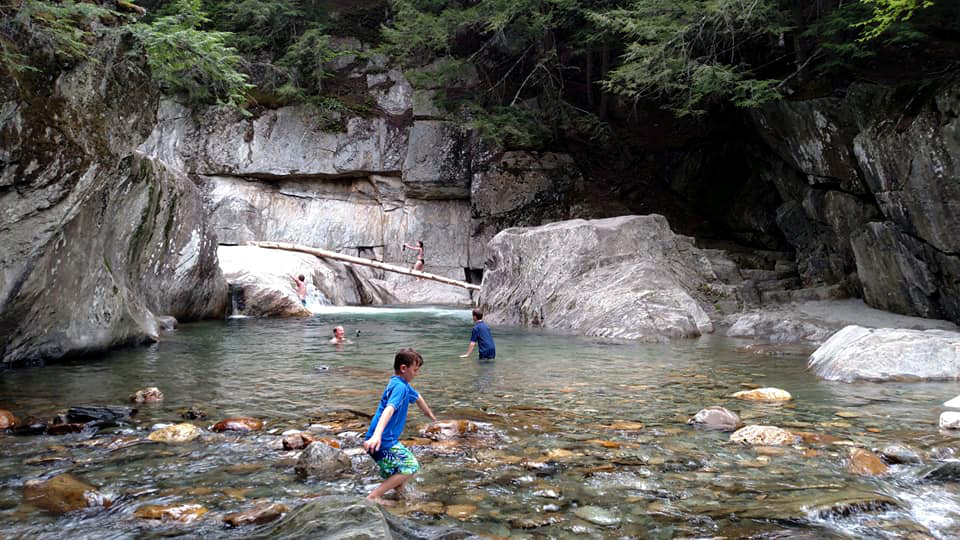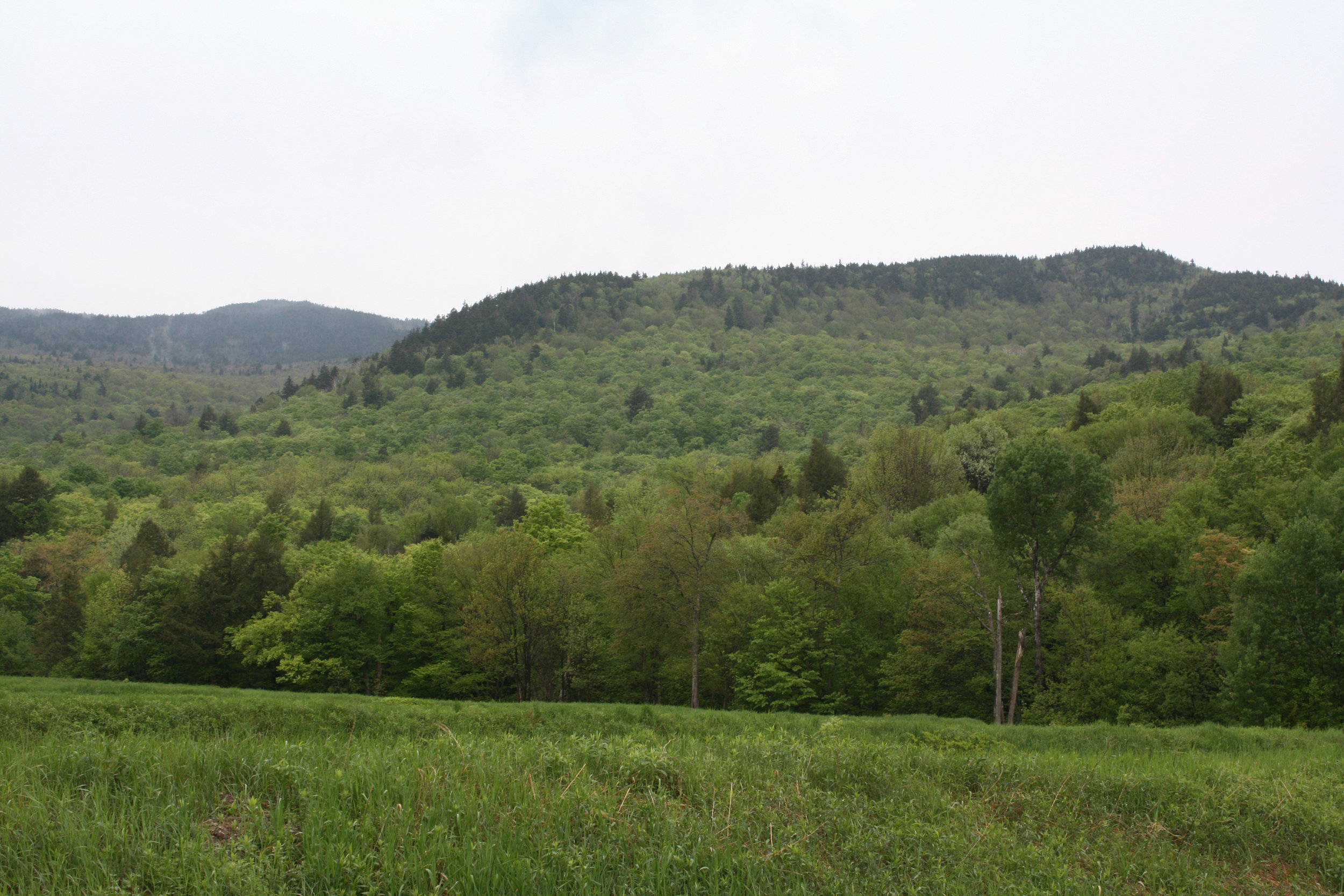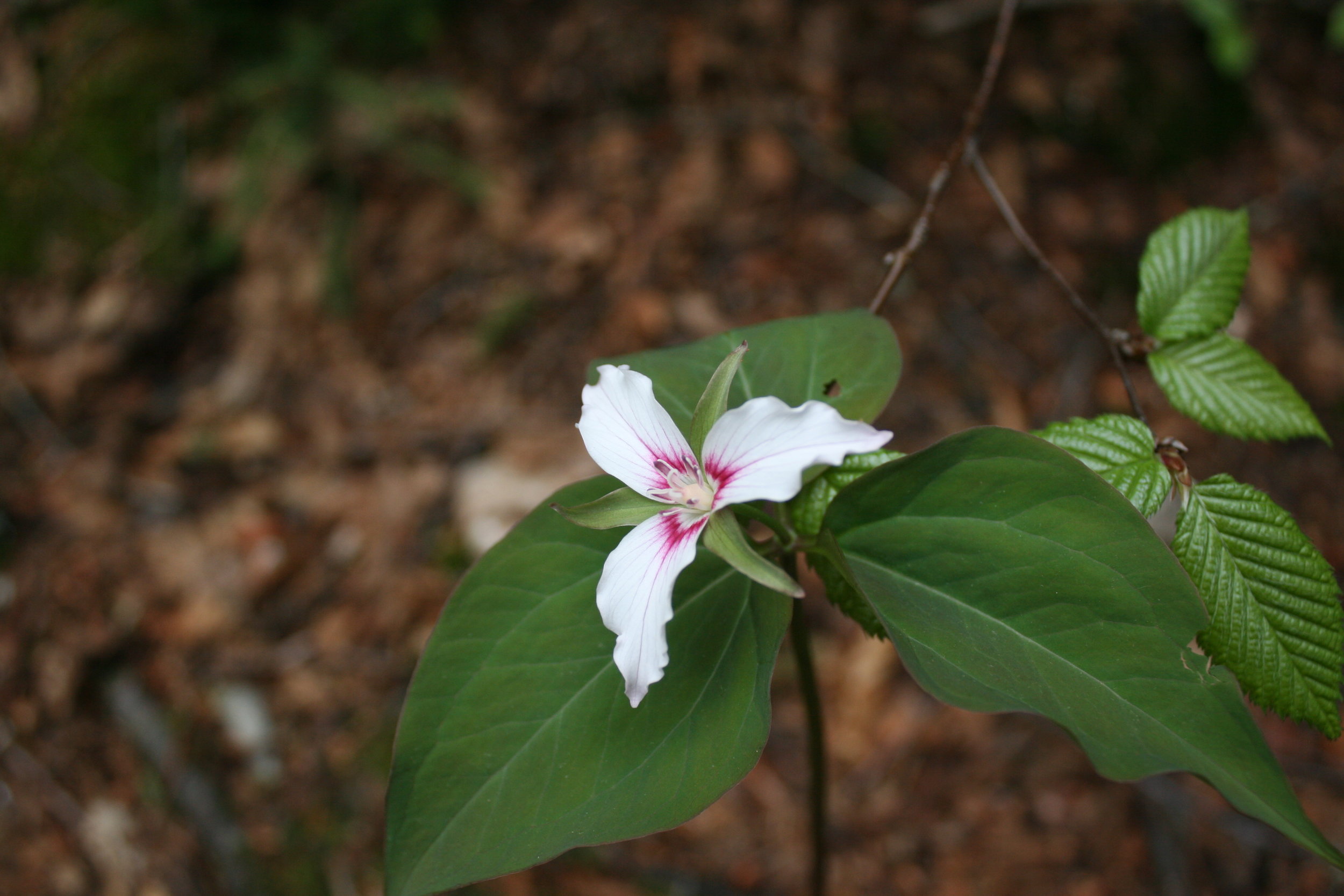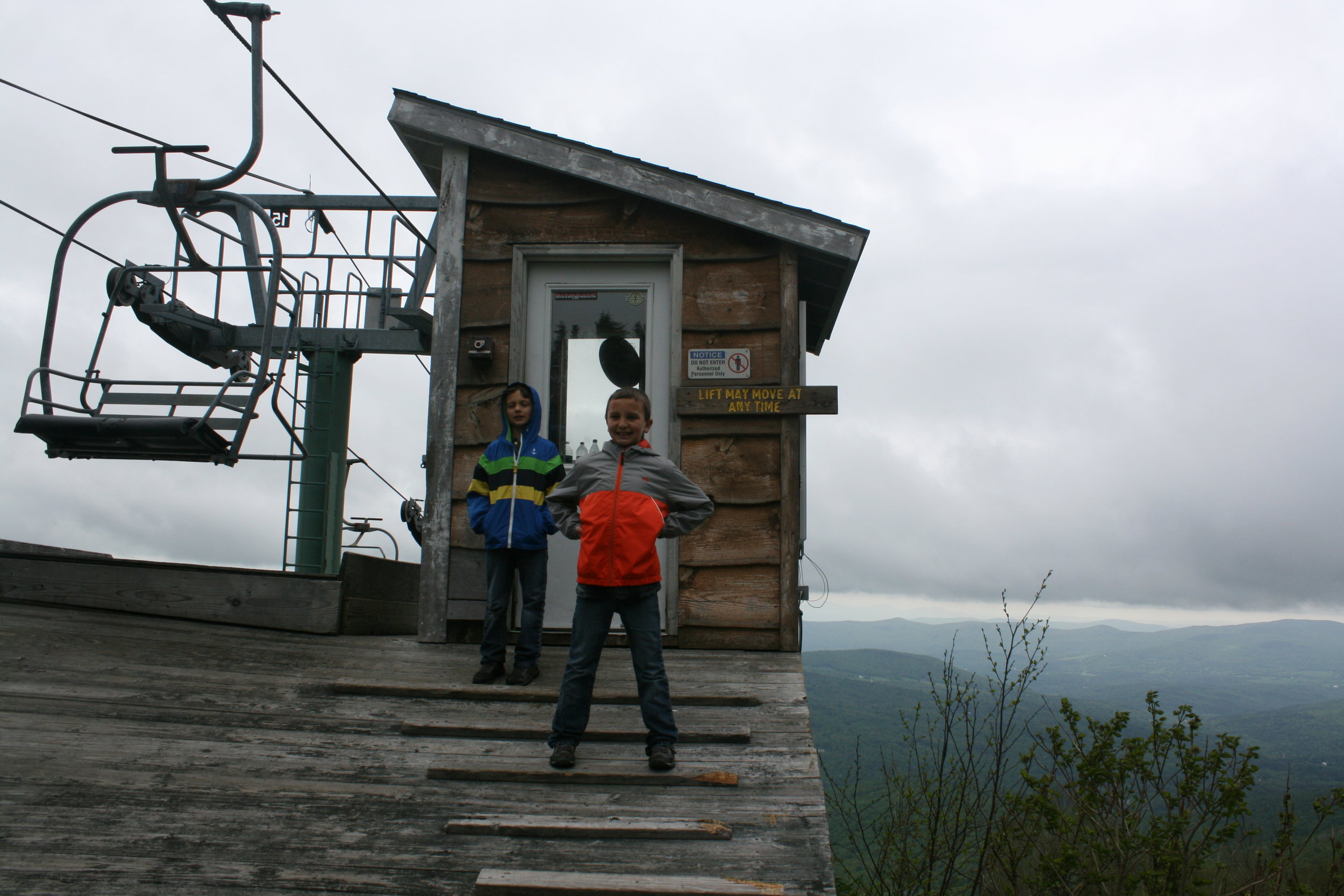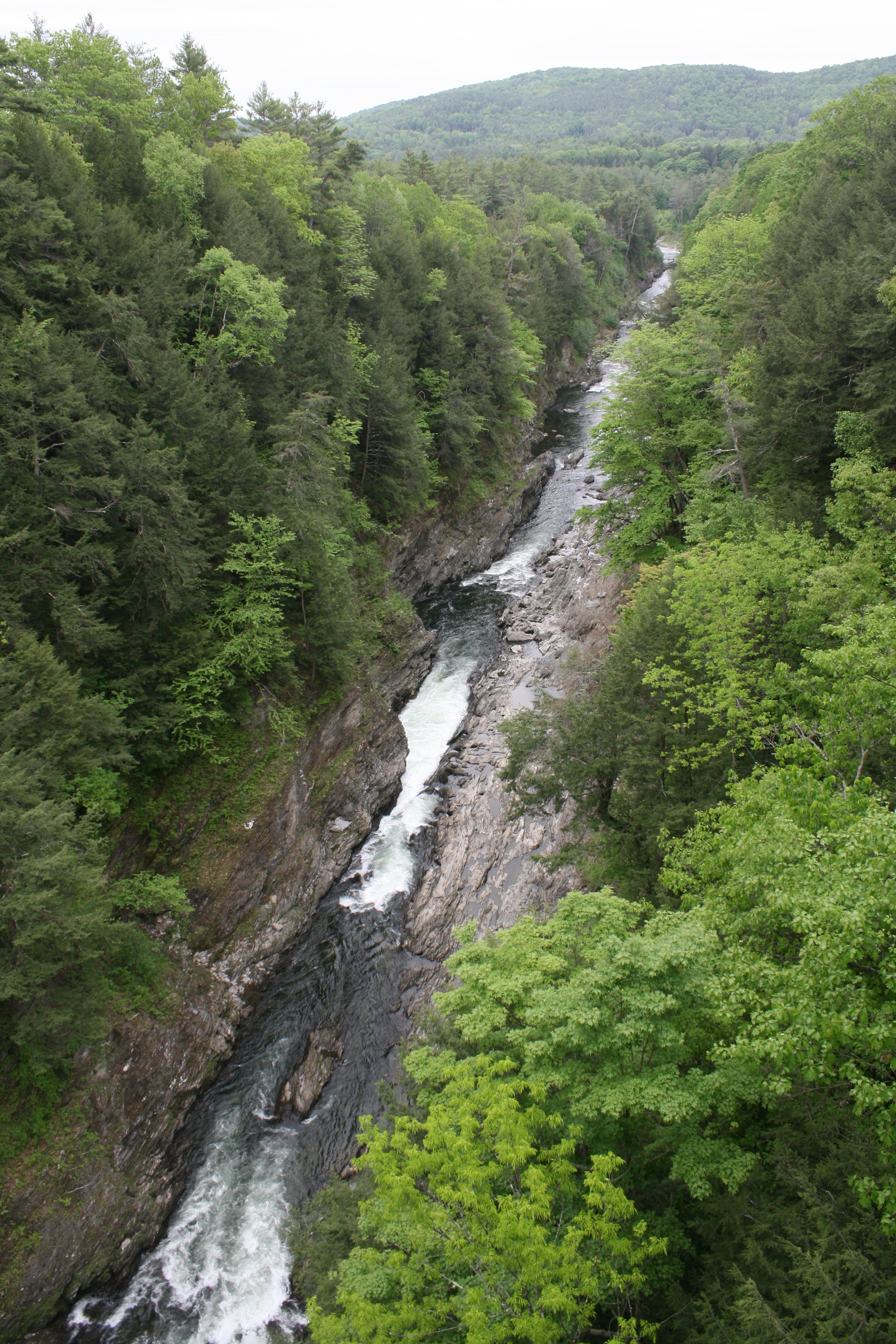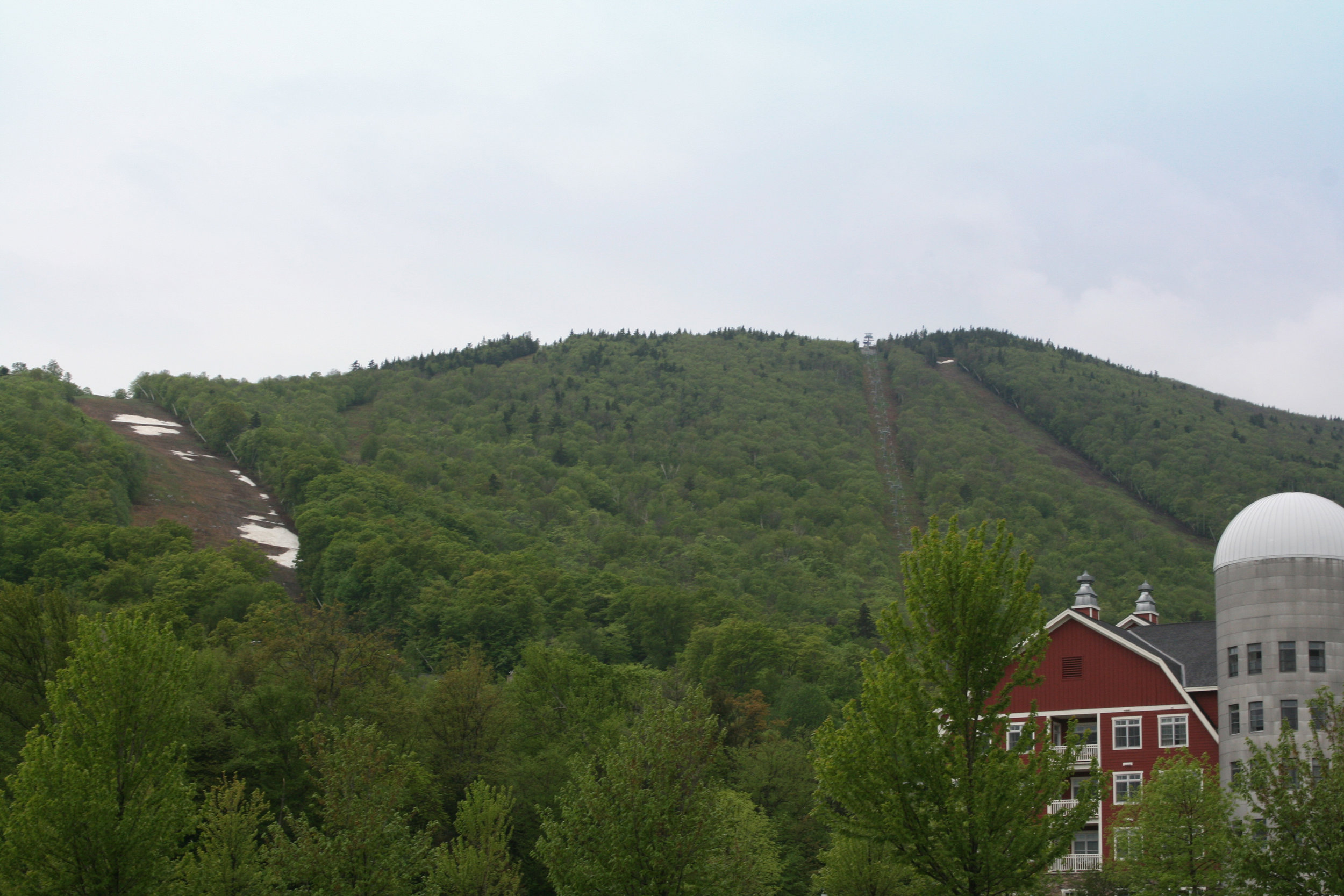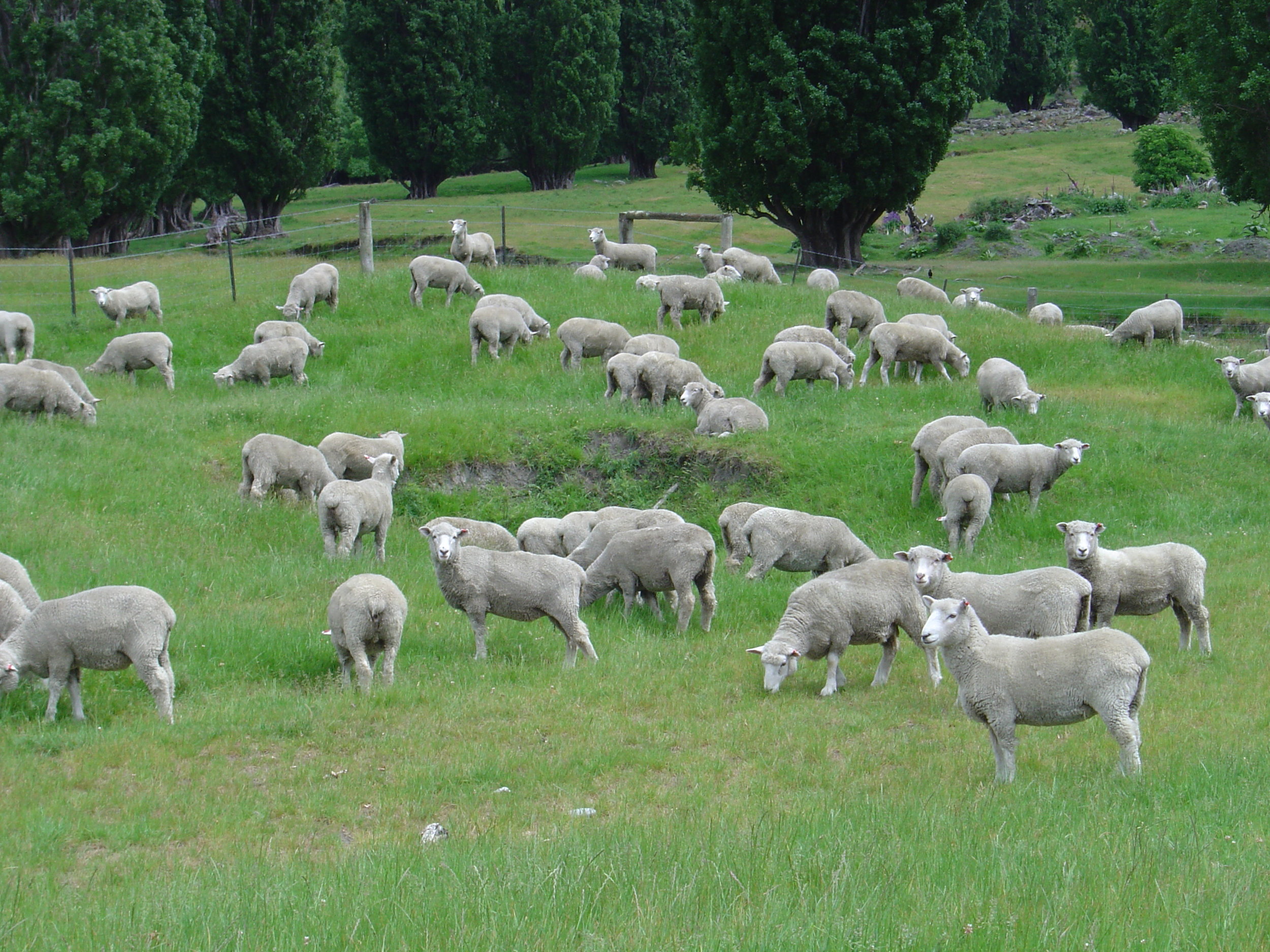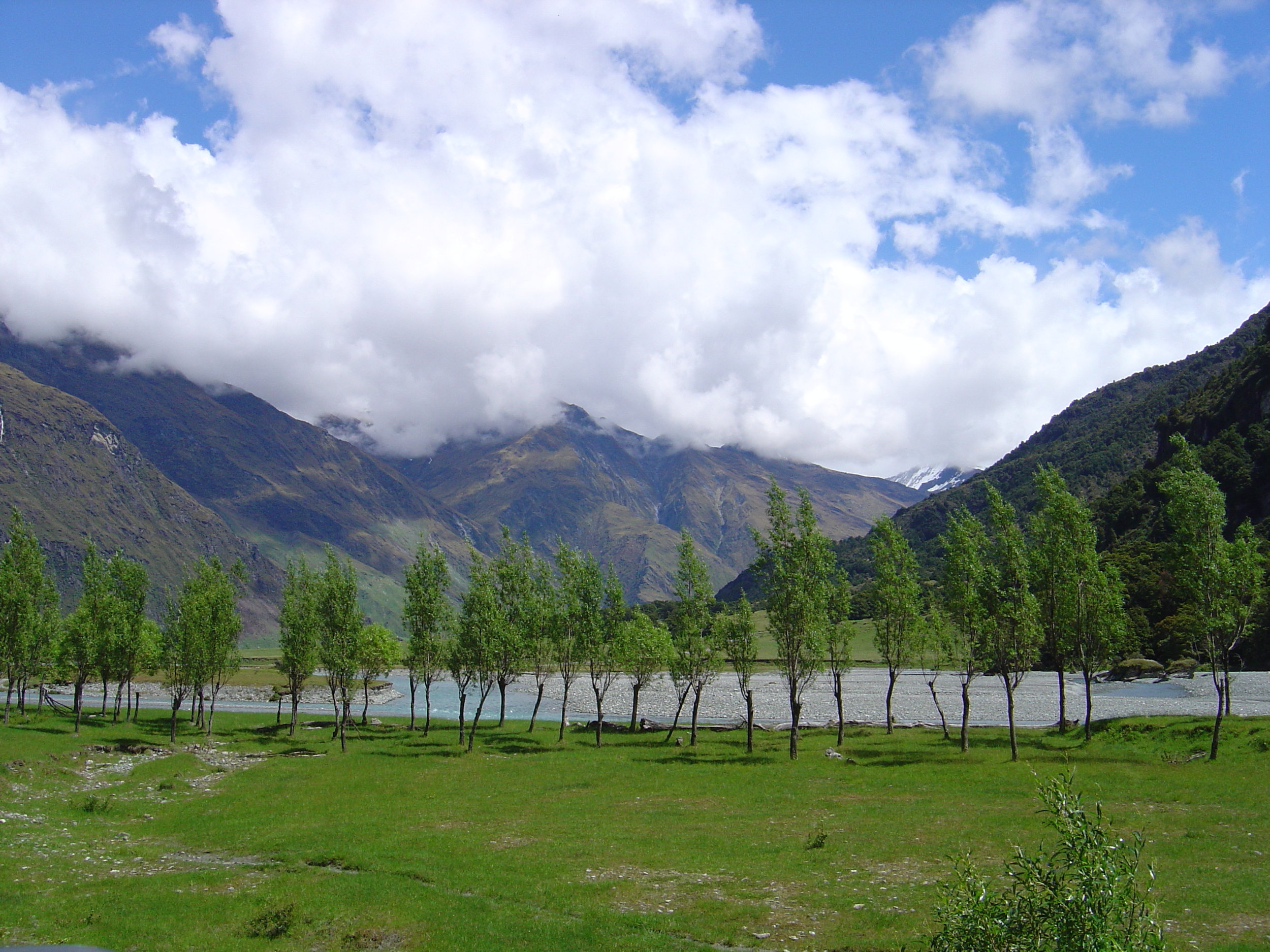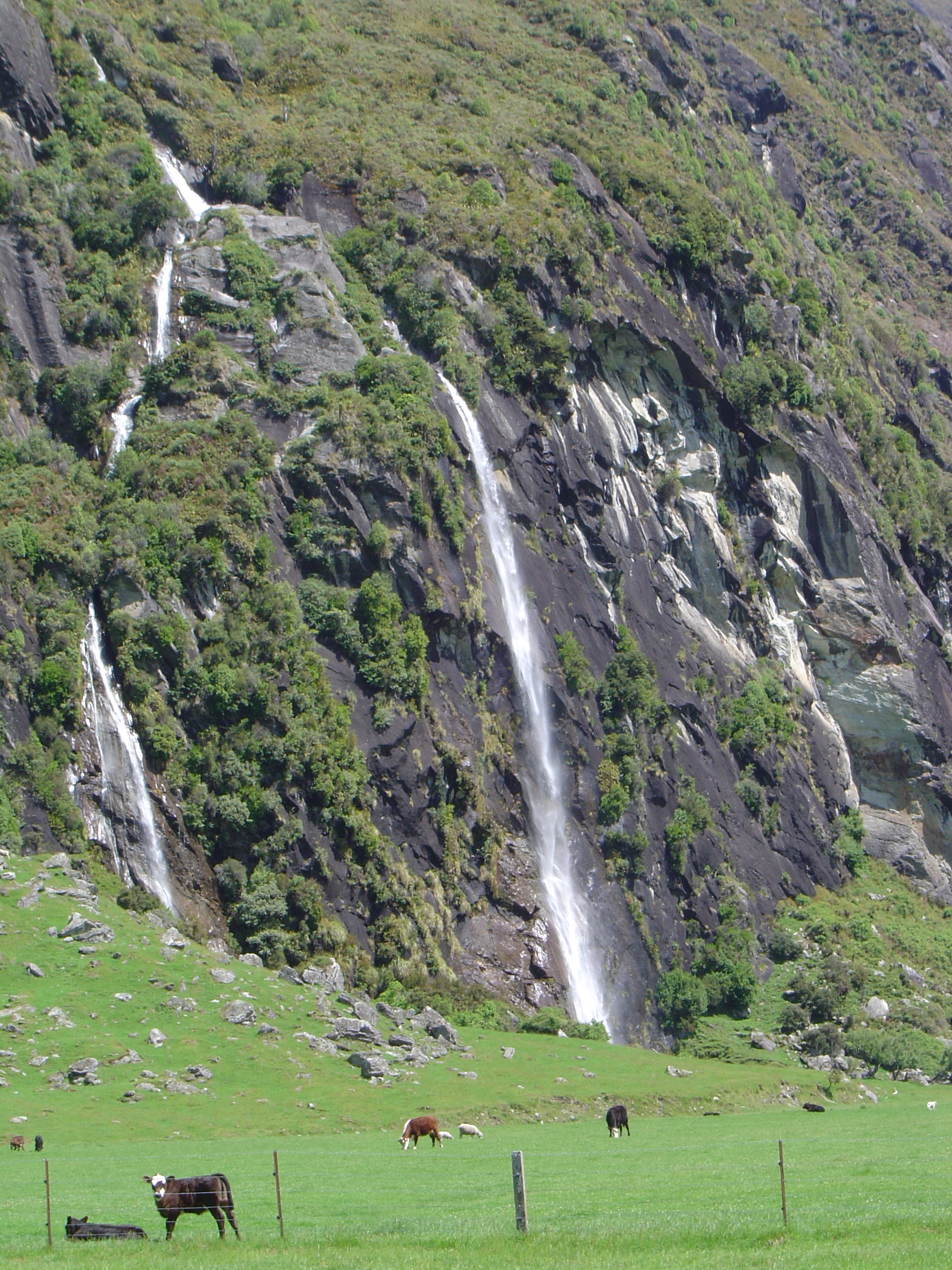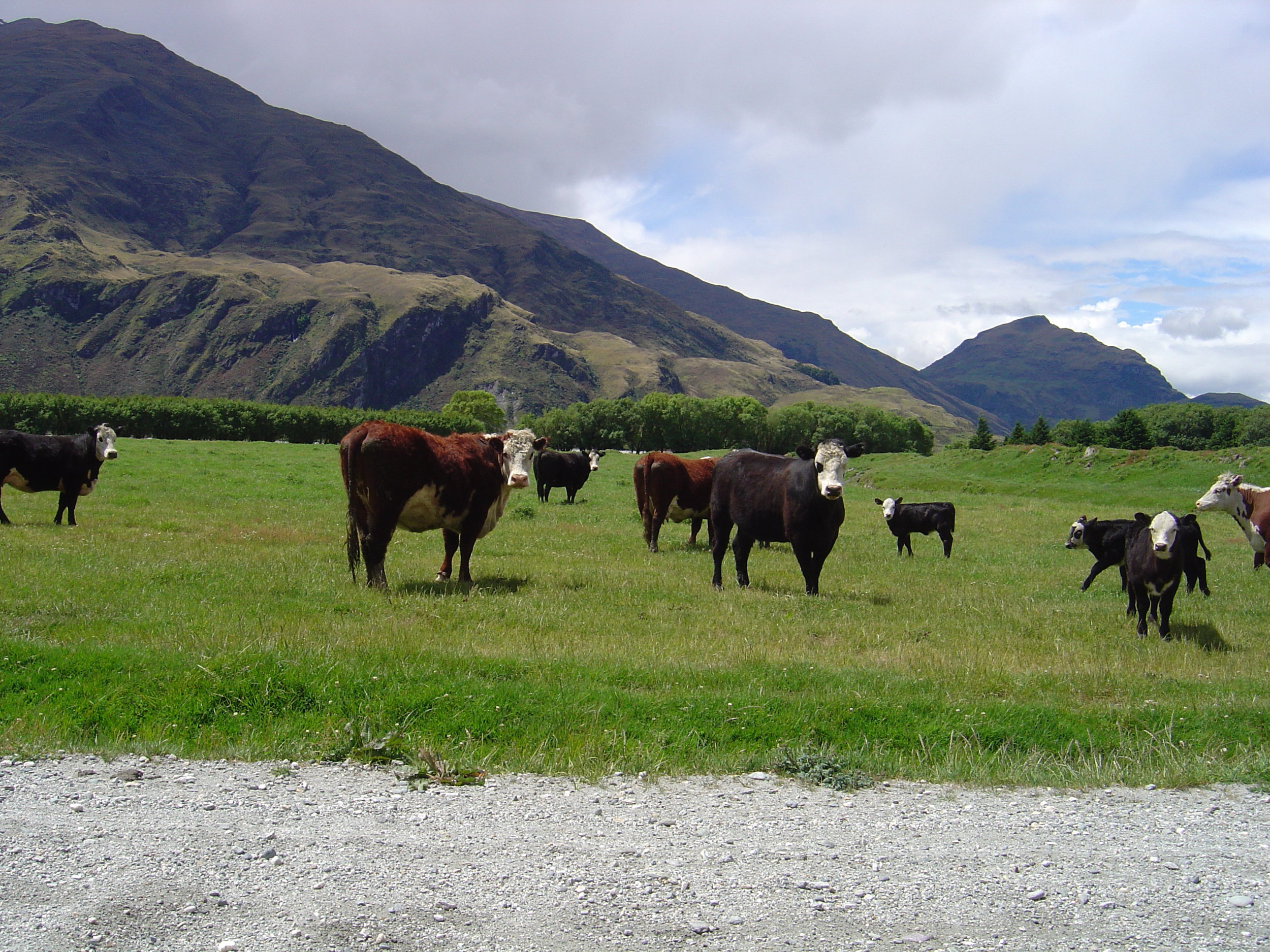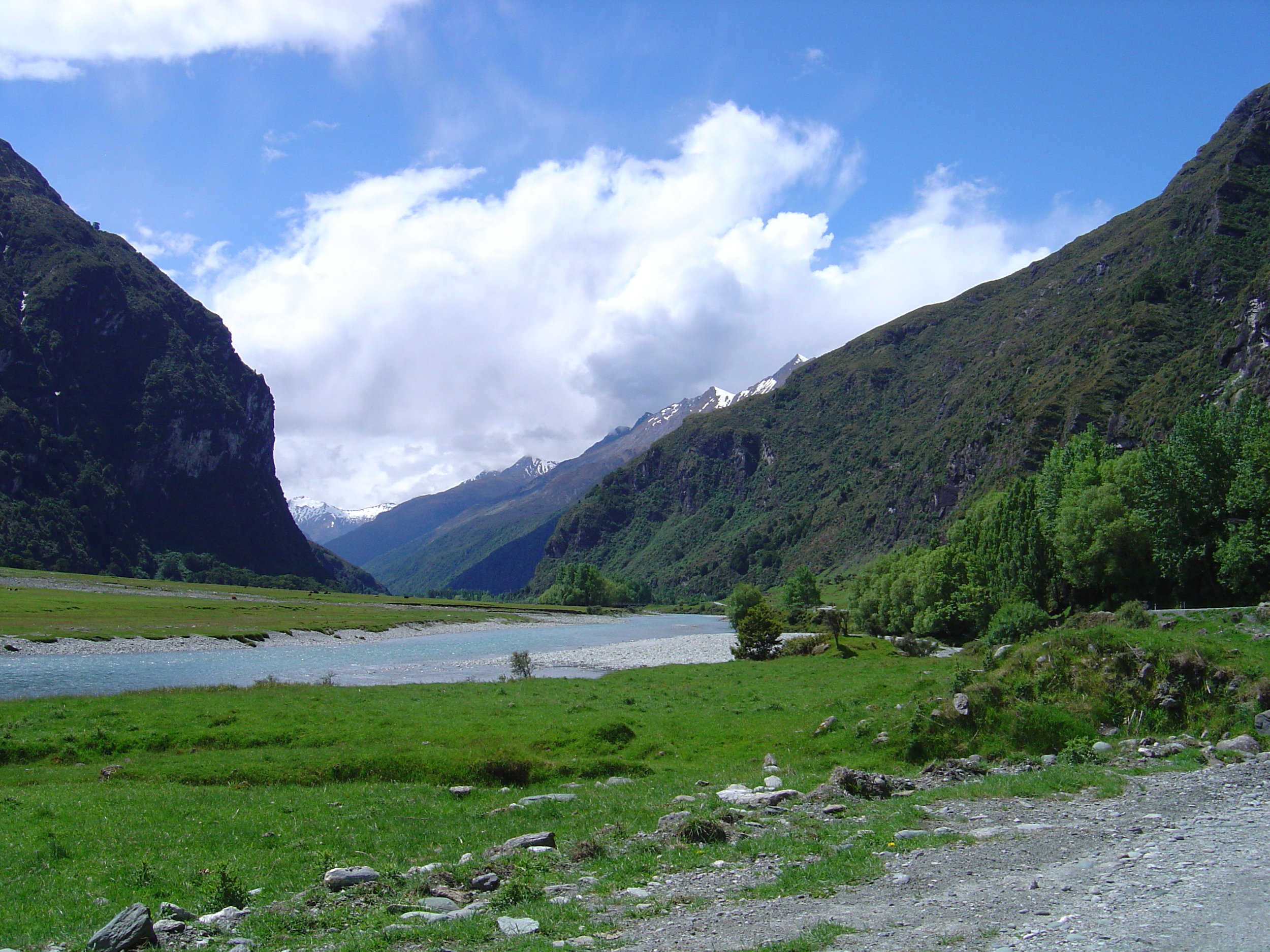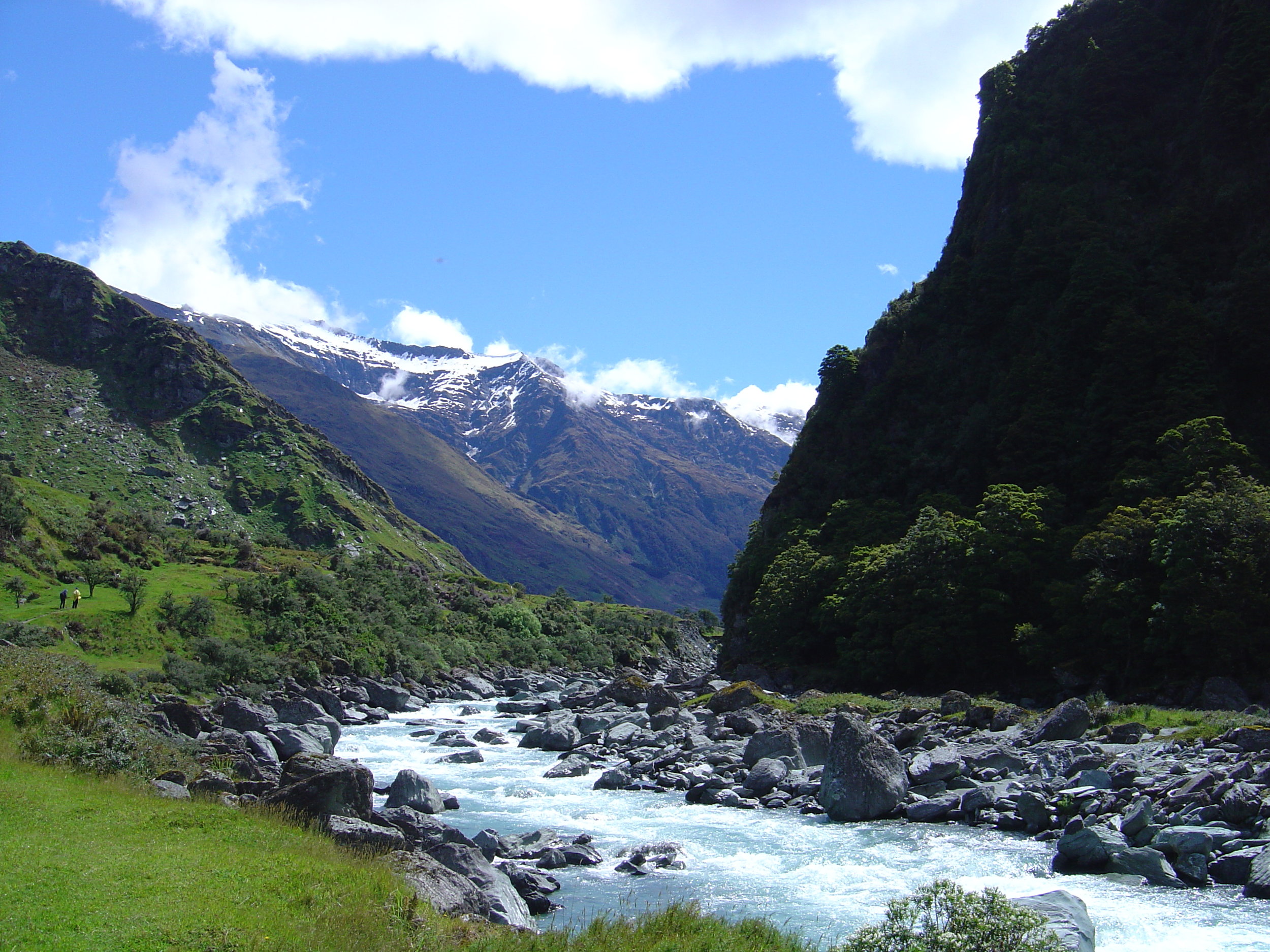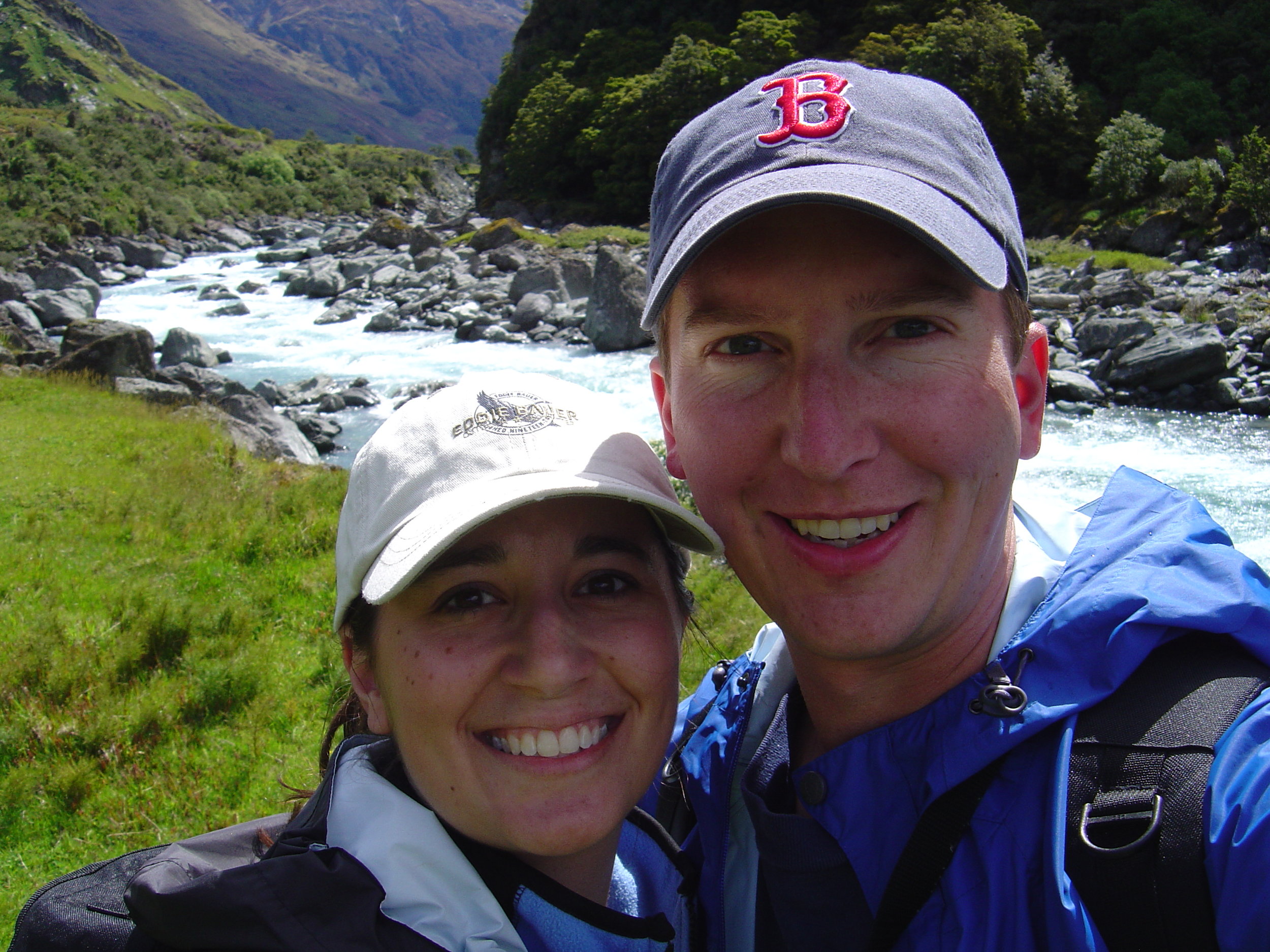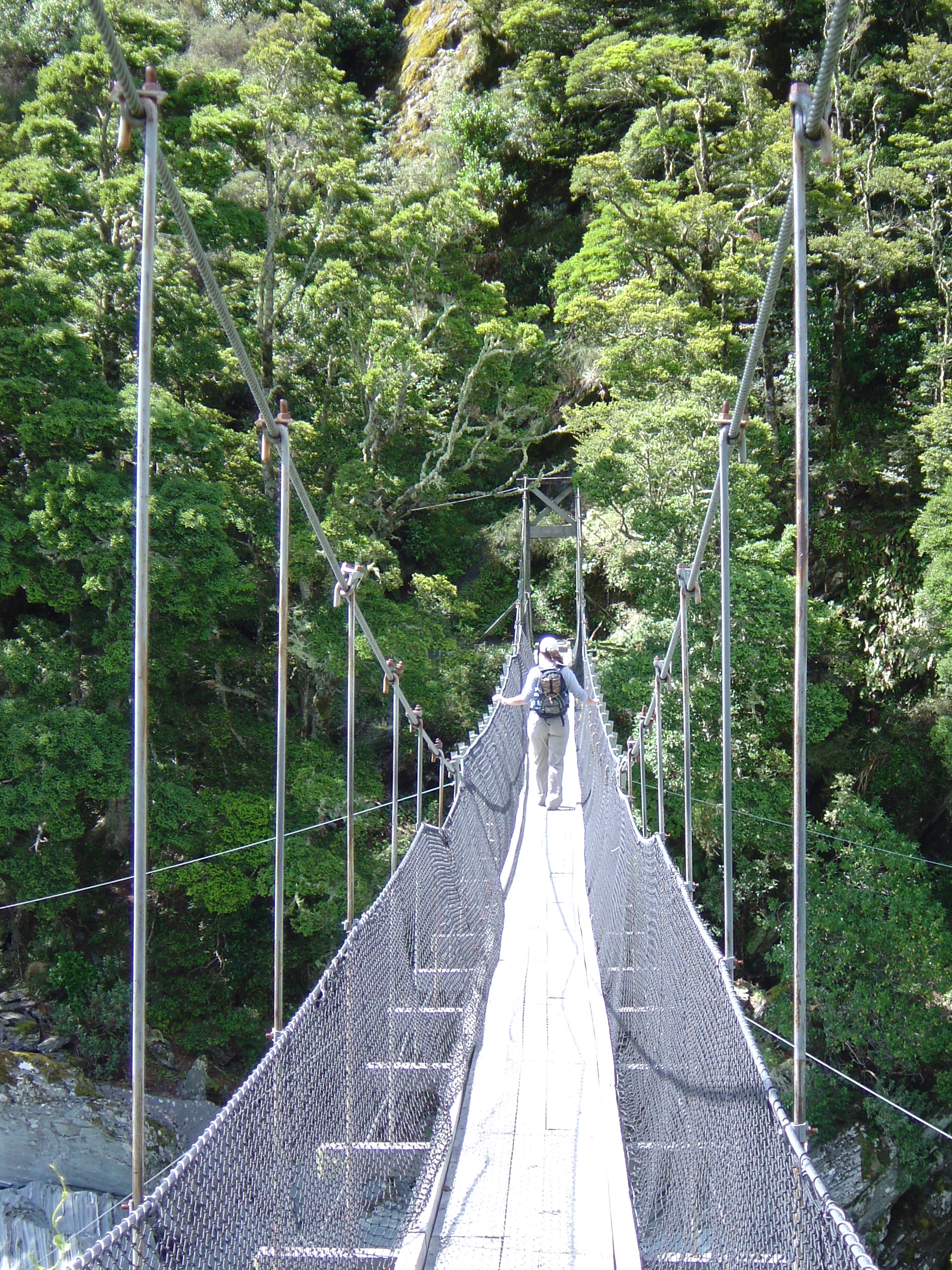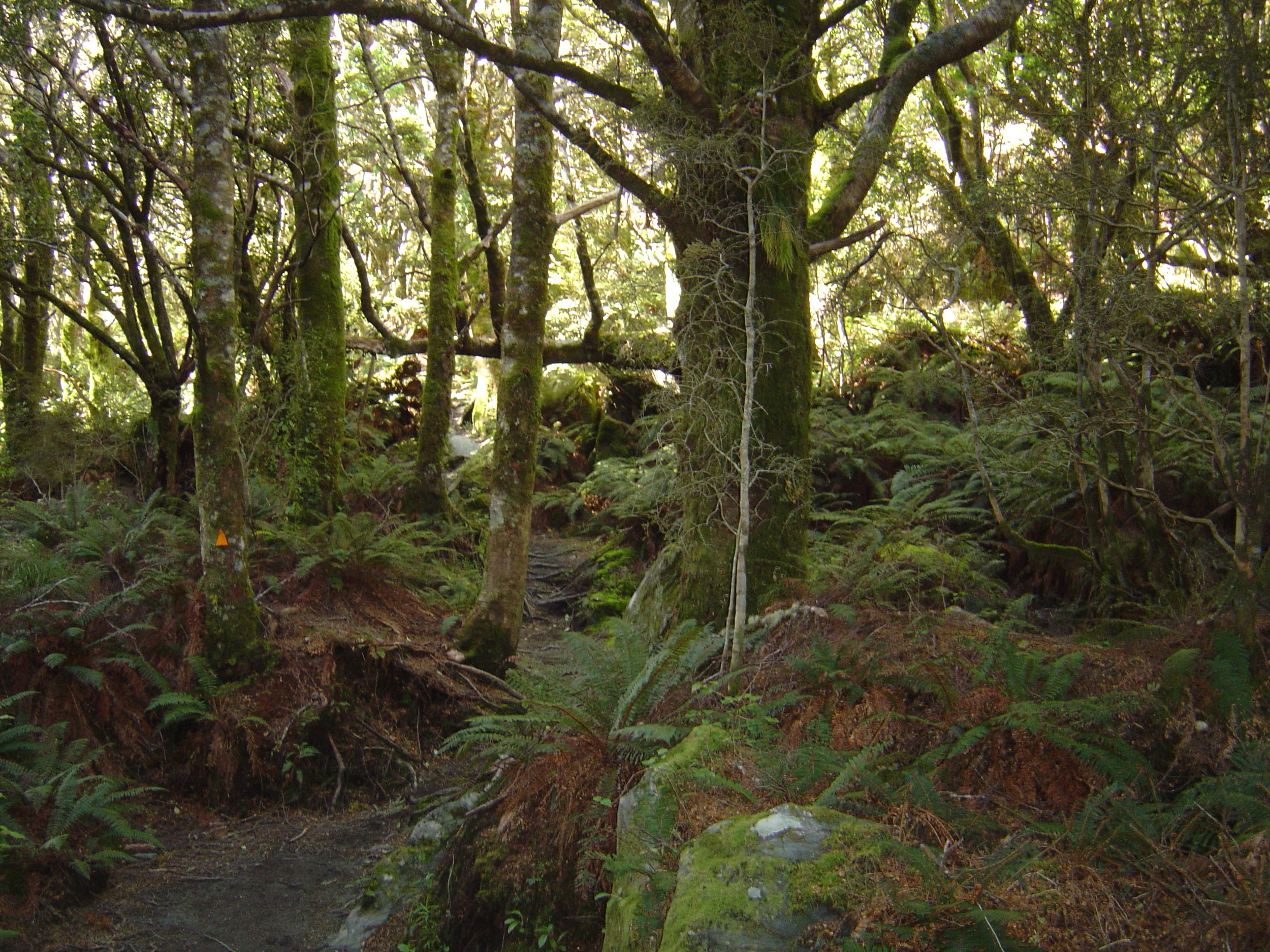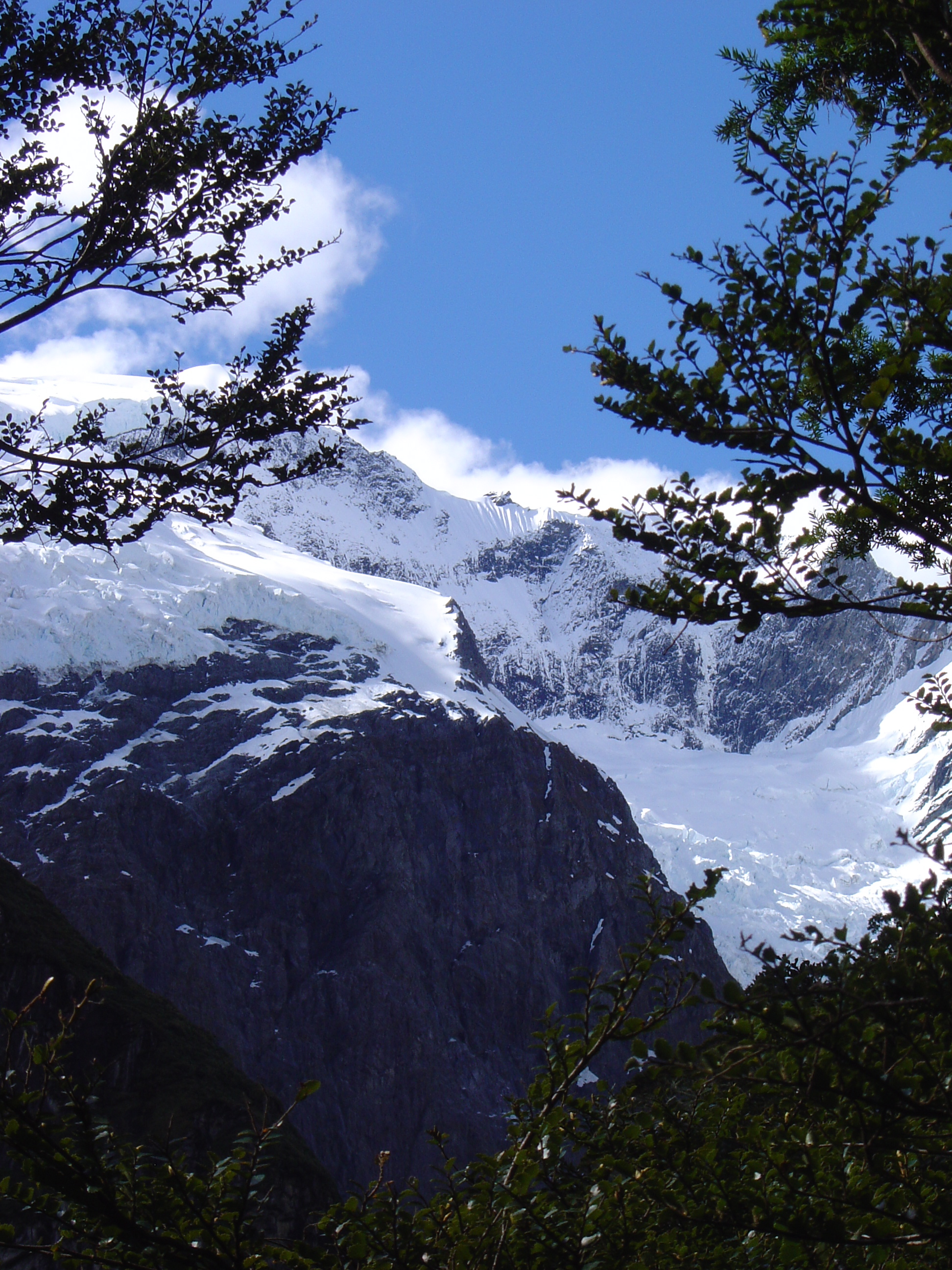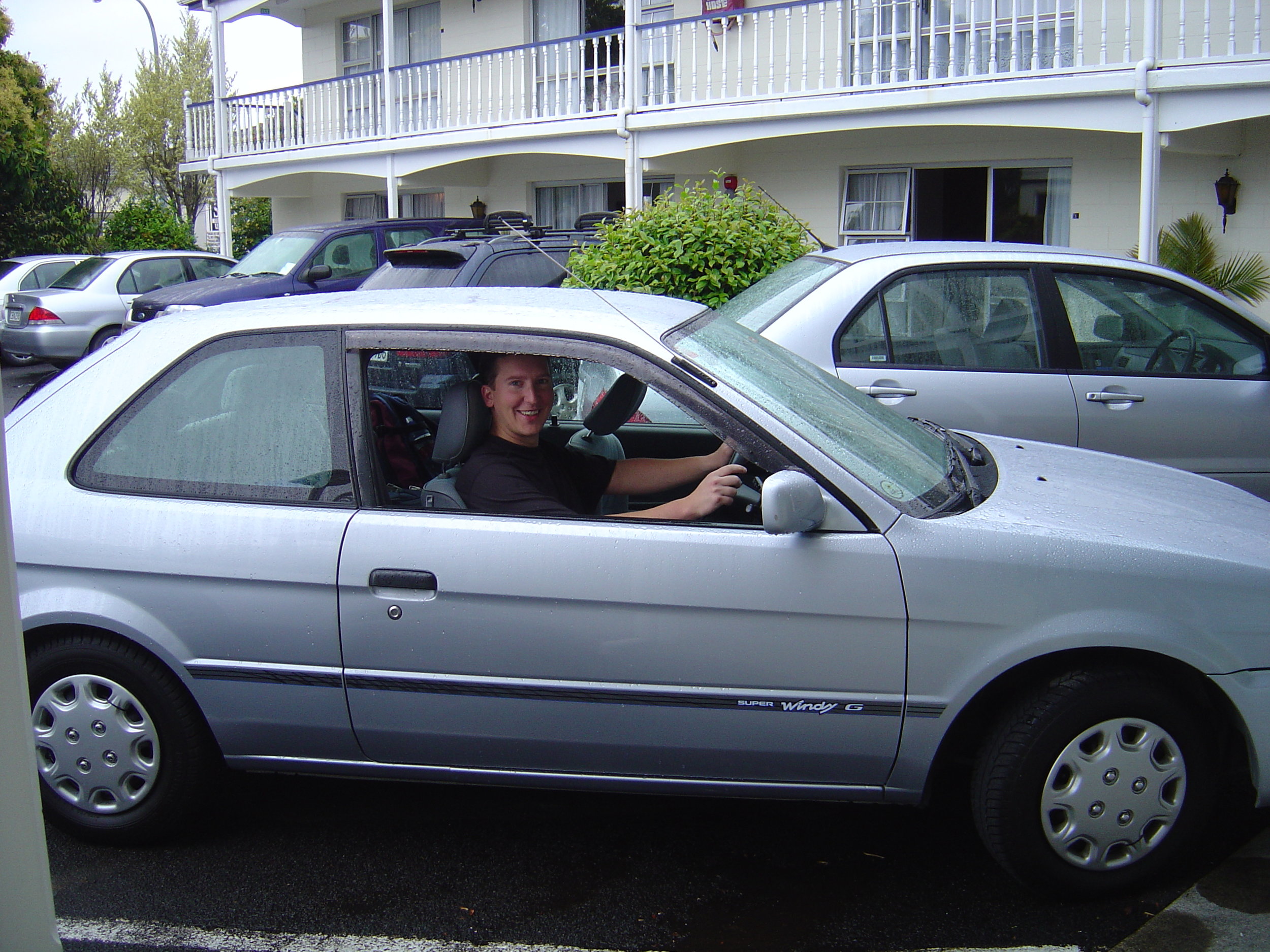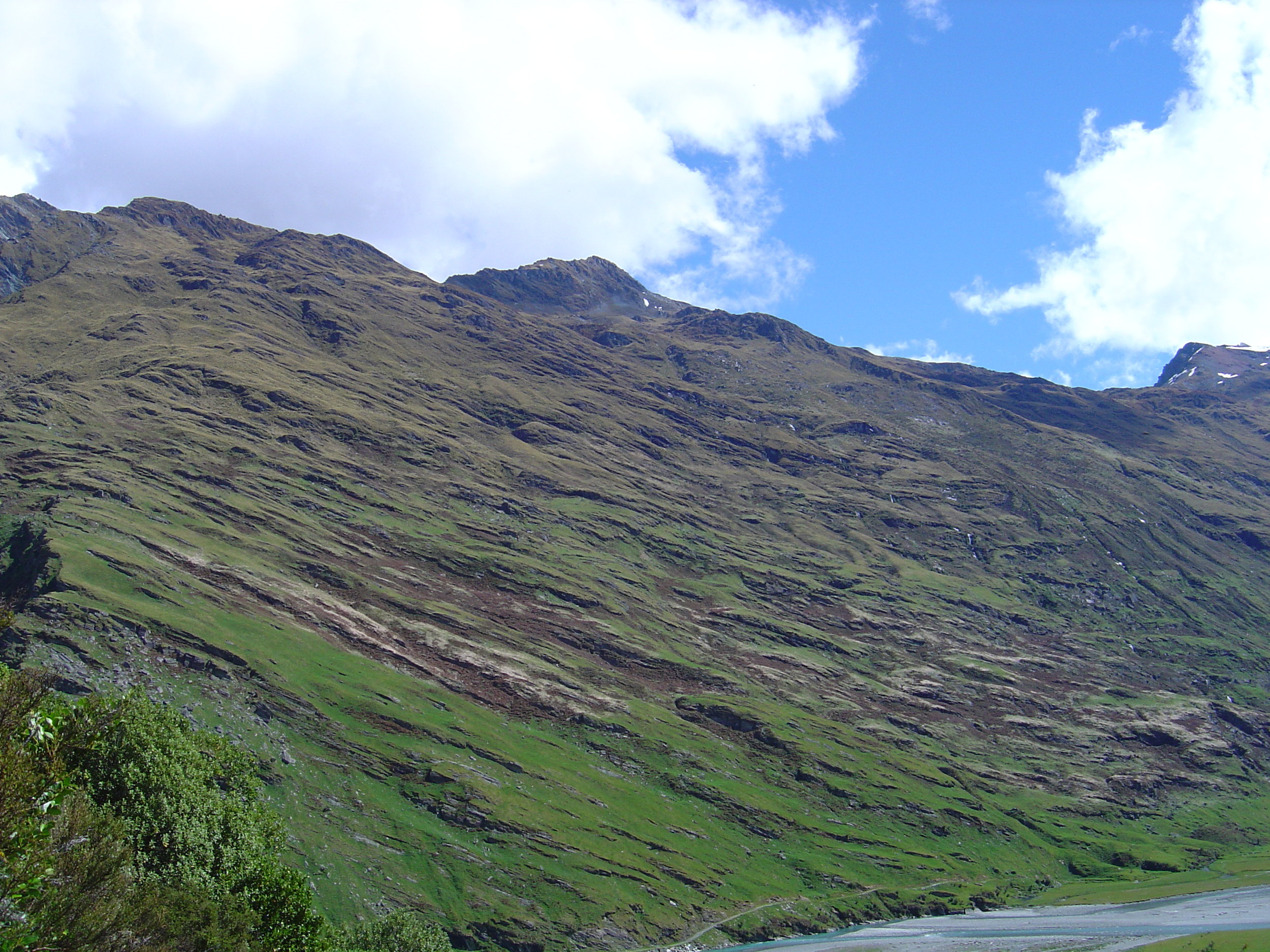An escape from the noise. A search within.
I recently spent a short weekend away in a cabin in the woods. Alone. What did I discover?
My cabin awaits.
When I heard about this place tucked away in the woods, I knew I needed a retreat here. As a belated birthday gift to myself and in dire need for solitude and respite, I arrived—ready, willing, and a tad anxious. No stranger to camping or roughing it, I’d never done it alone. Alone. Just me. In the winter in New England. Wood stove? Outhouse? Dark trips to the outhouse? Alone? (the gal who is terrified of bears?)
All…conquered!
The noise and uncertainty of the past year had me craving an escape…and time for reflection. Masked as a weekend away to edit my manuscript, read, and research, the true purpose of my stay revealed itself: to stop, breathe, and listen. Nature has always been my Muse and my fuel. It did not disappoint.
My weekend highlights:
Sunset on the first night.
I experienced mud (day 1), snow (day 1/day 2), rain (day 2), and ice (day 3). Winter did not let me down. Starting that wood stove from scratch working against a setting sun in a cold cabin? Sure, we made fires in our fireplace at home but I, alone, never did it. Some stumbling but I figured it out. Whew. Not much panic. Survival mode stepped in. And I made a game of “will this larger log fit”? Woo who! Splitting wood with a small, questionably rusty hatchet, and looking for kindling in the wood shed? Did it. Got too excited when I found some small shards or bark or newspaper (whew!). Braved the outhouse in the dark? Did it. Walked on a snowy trail alone (never have done before, and I usually don’t recommend it—safety in numbers)? Did it.
Moonlight bathed my cabin and my pillowcase. I believe it was a full “snow moon.” Gorgeous!




